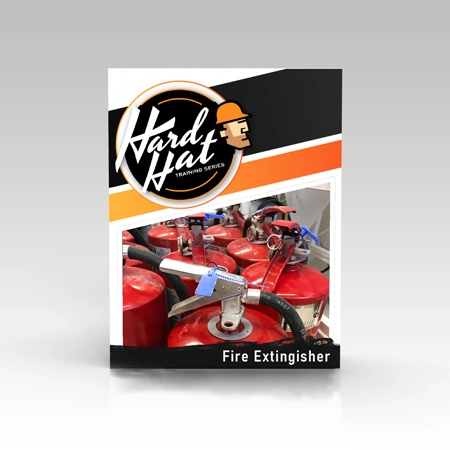Safety Training & Certifications Online

USA Courses In English:
Training Videos
Agriculture Training
At Heights Training
iCommunity Awareness Training
iCompetent Person Training
iCranes & Riggers Training
iEarthmovers Training
iElectrical Safety Training
iEnvironmental Safety Training
iFire Safety Training
iForklift & PIT Safety Training
iHealth Safety Training
iHuman Resources Training
iIndustrial Hygiene Training
iLandscaping Safety Training
iMaritime Safety Training
iMedical Training
Mobile Equipment Safety Training
iRoad Work Safety Training
iSmall Equipment Safety Training
iOther Safety Training

Active Shooter Safety Training
i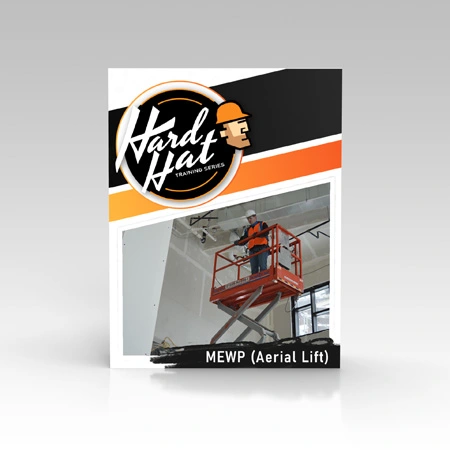
AERIAL LIFT (MEWP) Safety Training
i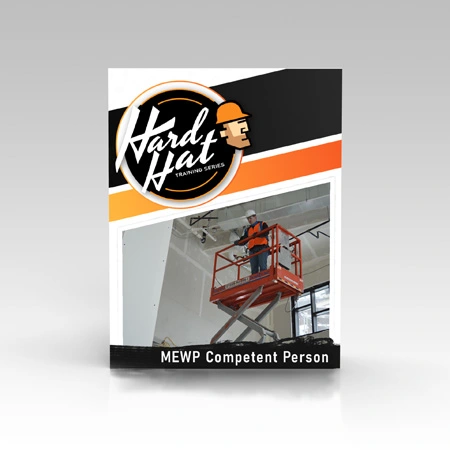
Aerial Lift Supervisor Safety Training
i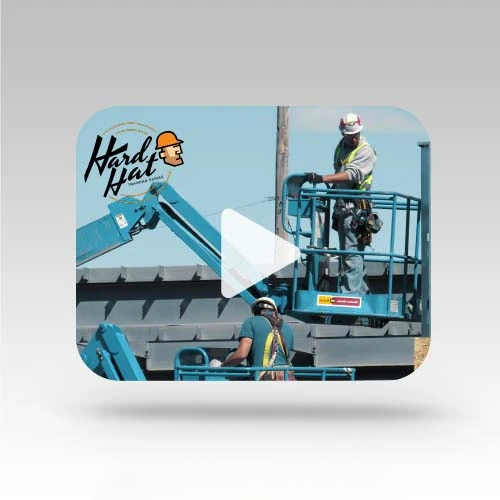
Aerial Lift Training Videos
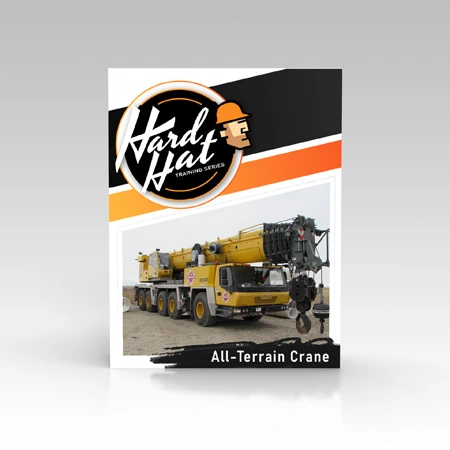
All-Terrain Crane Safety Training
i
Amphibious Excavator Safety Training
i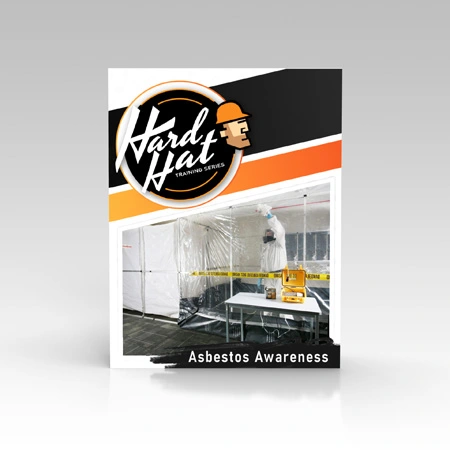
Asbestos Awareness Safety Training
i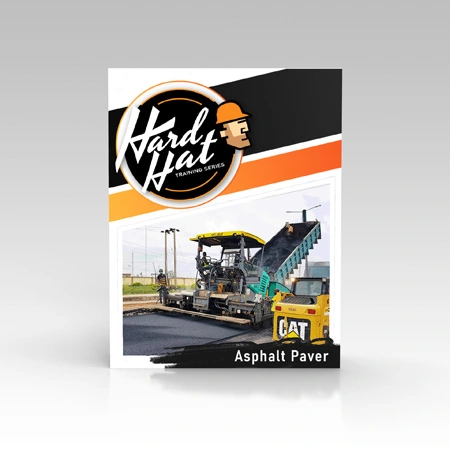
Asphalt Paver Safety Training
i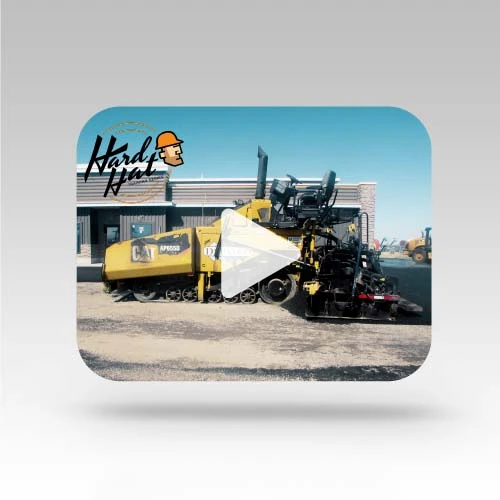
Asphalt Safety Training Videos
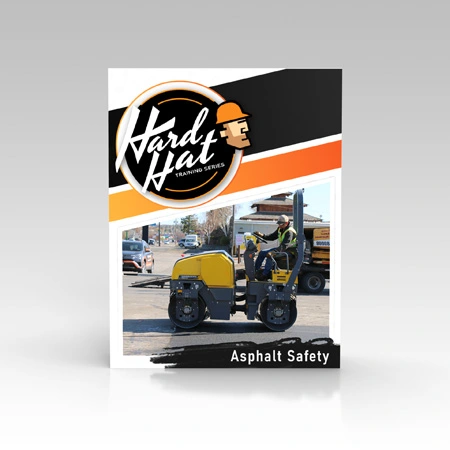
Asphalt Safety Training
i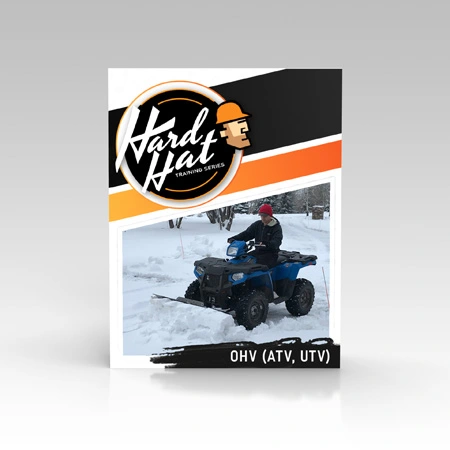
ATV & UTV Training Safety Training
i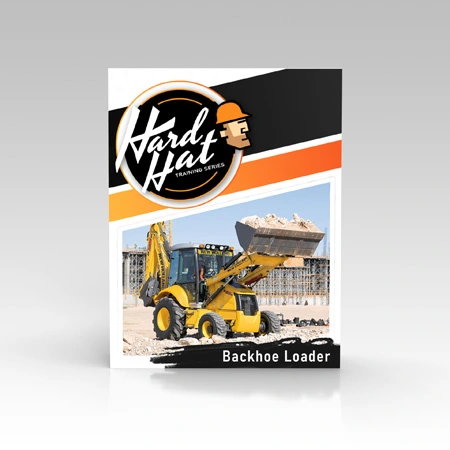
Backhoe Loader Safety Training
i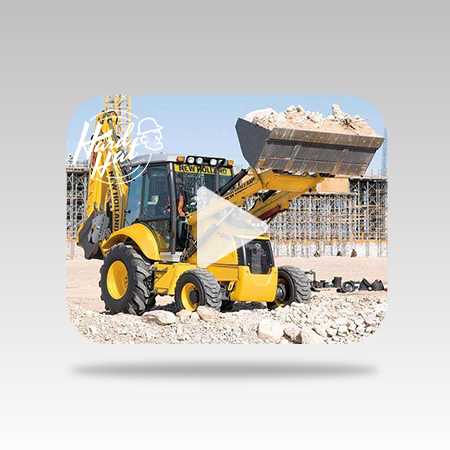
Backhoe Loader Training Videos

Bear Awareness Safety Training
i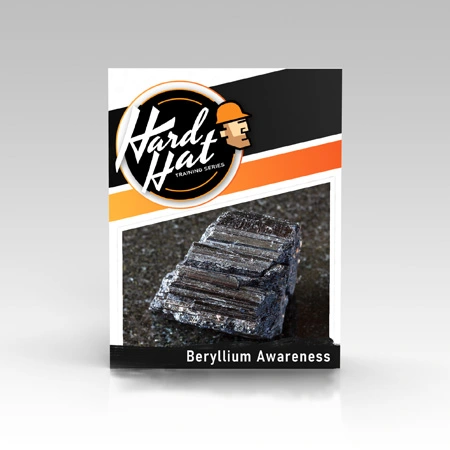
Beryllium Awareness Safety Training
i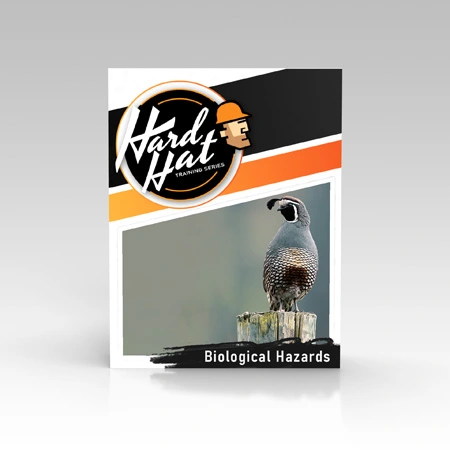
Biological Hazards Safety Training
i
Blood Pathogens Safety Training
i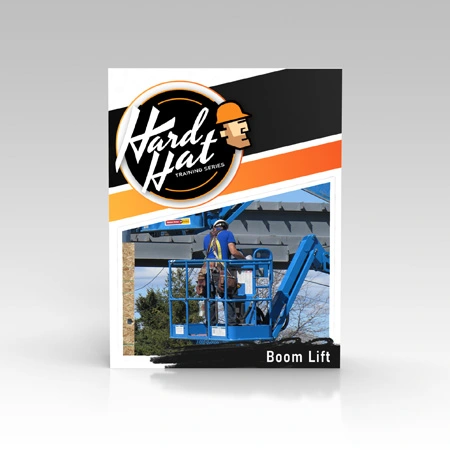
BOOM LIFT Safety Training
i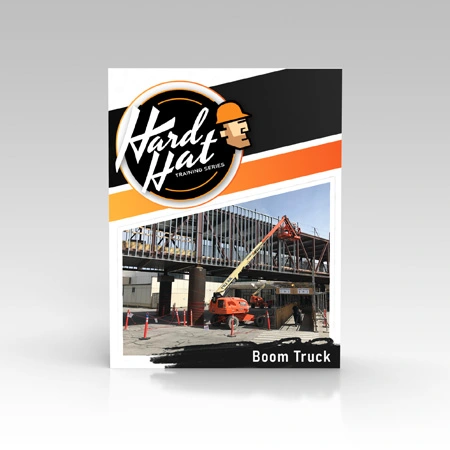
BOOM TRUCK Safety Training
i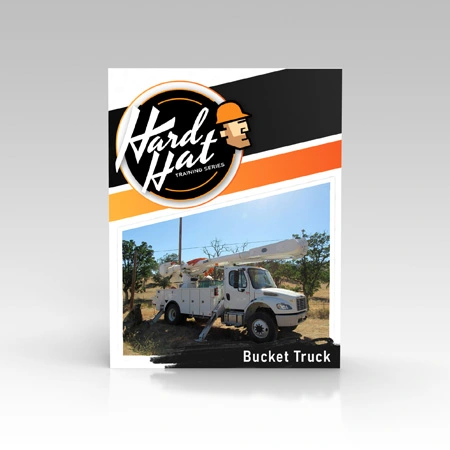
BUCKET TRUCK Safety Training
i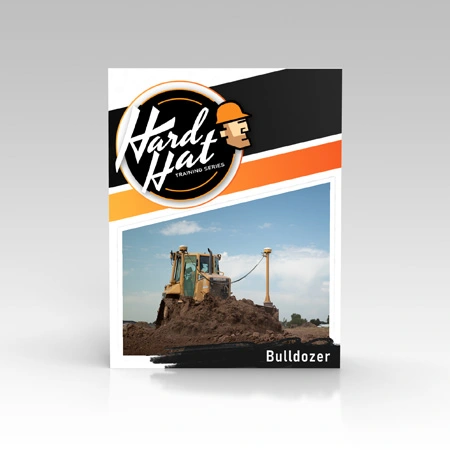
Bulldozer Safety Training
i
Carbon Monoxide Safety Training
i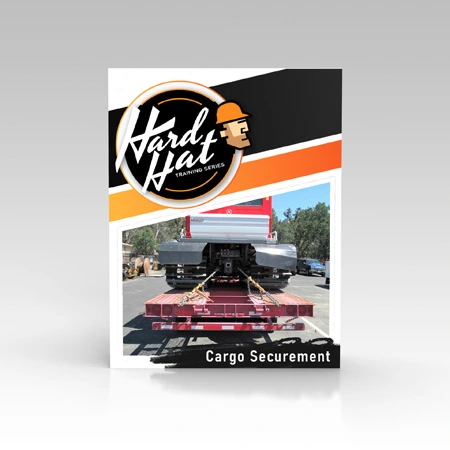
Cargo Load Securement Safety Training
i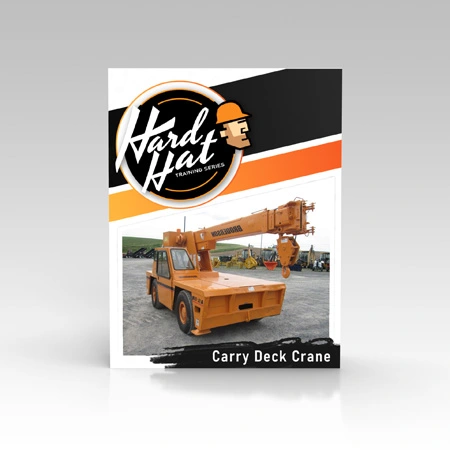
Carry Deck Crane Safety Training
i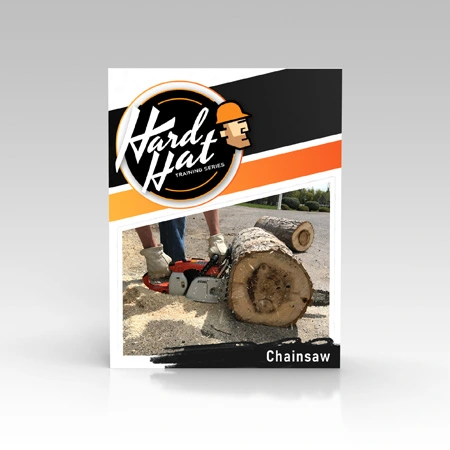
Chainsaw Safety Training
i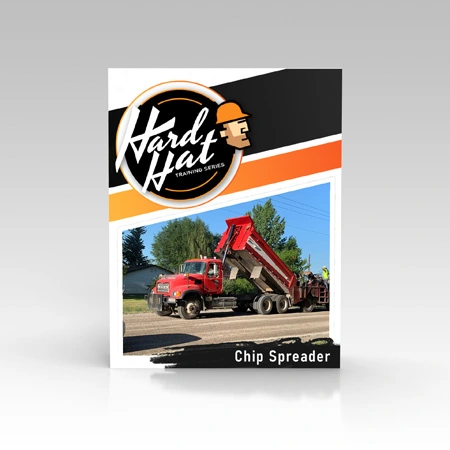
Chip Spreader Safety Training
i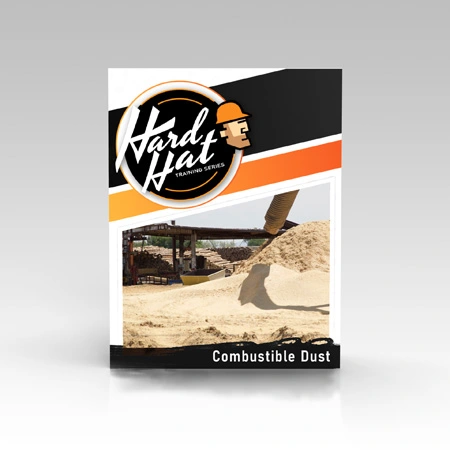
Combustible Dust Safety Training
i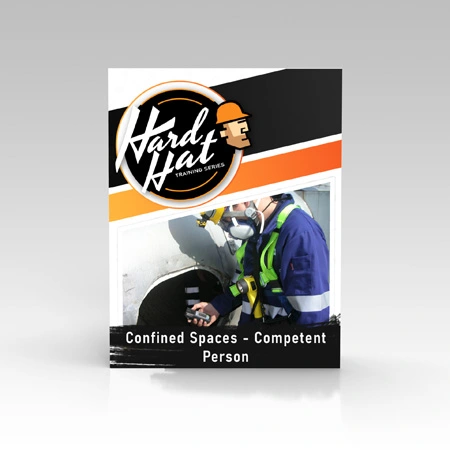
Competent Person Confined Spaces Safety Training
i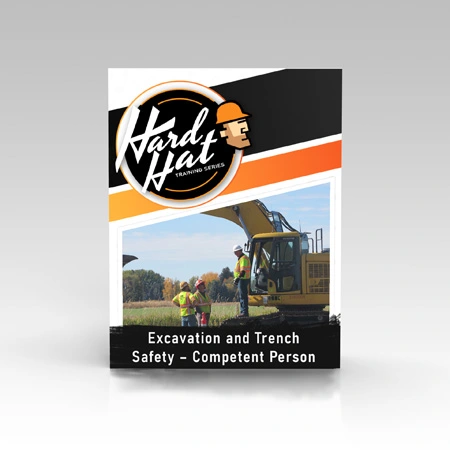
Competent Person Excavation & Trench Safety Training
i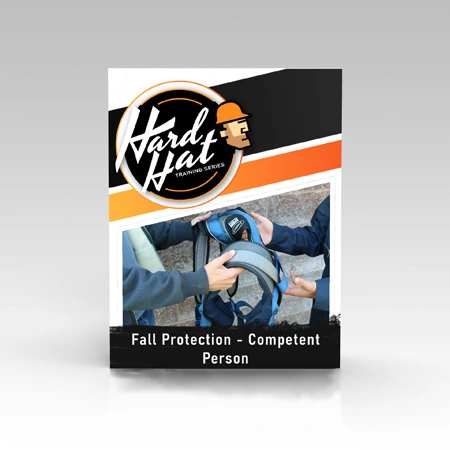
Competent Person Fall Protection Safety Training
i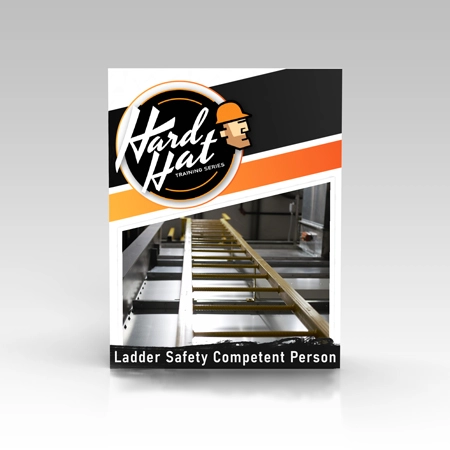
Competent Person Ladder Safety Training
i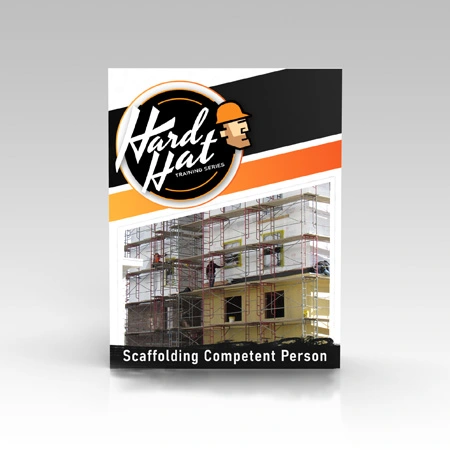
Competent Person Scaffolding Safety Training
i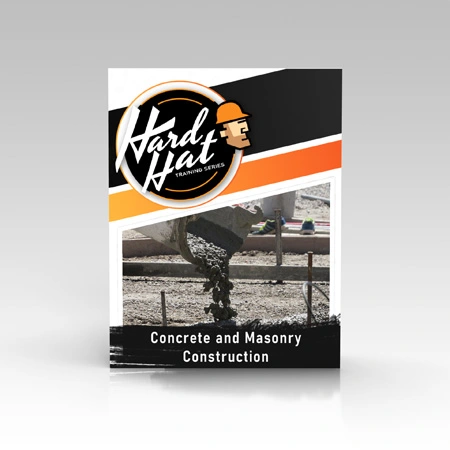
Concrete & Masonry Safety Training
i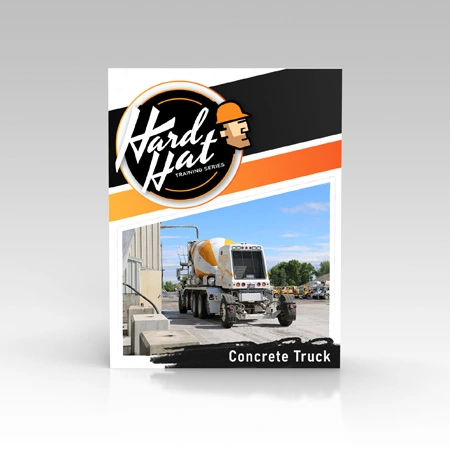
Concrete Truck Safety Training
i
Confined Space 8 Hour Safety Training
i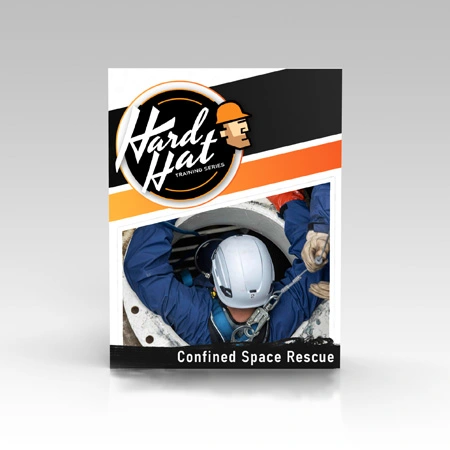
Confined Space Rescue Safety Training
i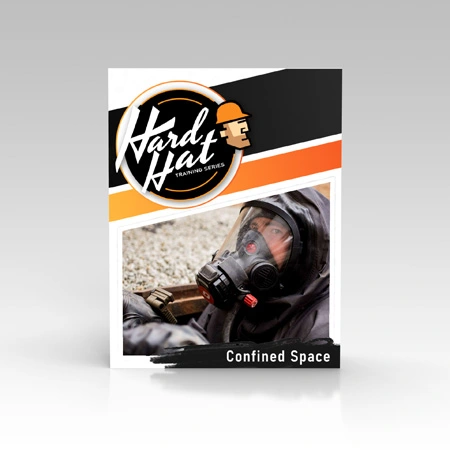
Confined Space Safety Training
i
Confined Space for Agriculture Training
i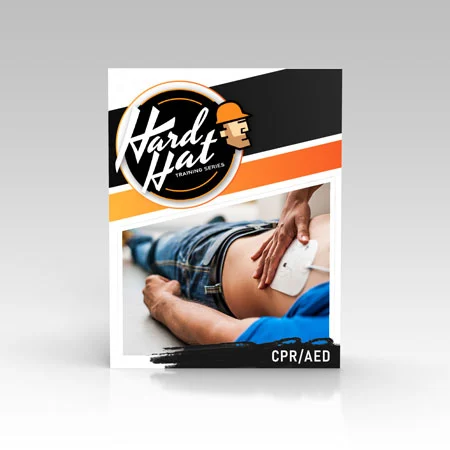
CPR & AED Safety Training
i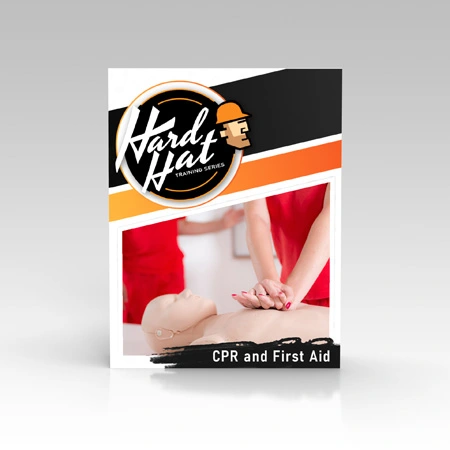
CPR & First Aid Training
i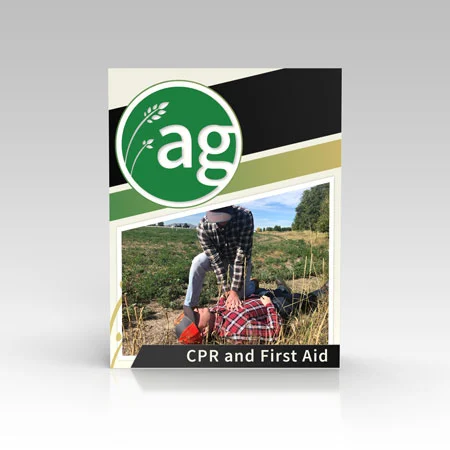
CPR & First Aid for Agriculture Training
i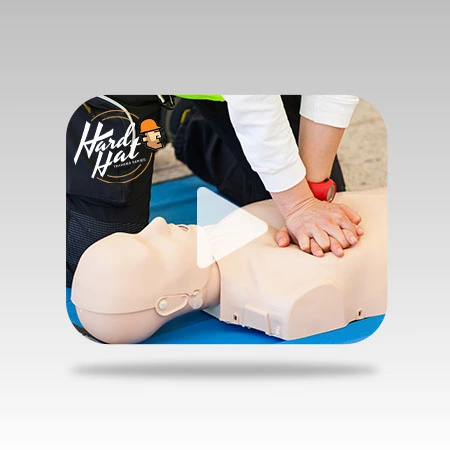
CPR & First Aid Training Videos
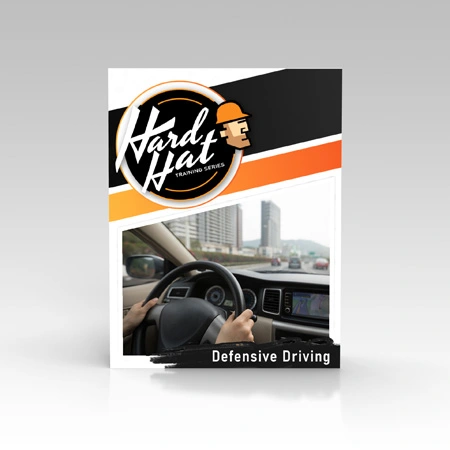
Defensive Driving Safety Training
i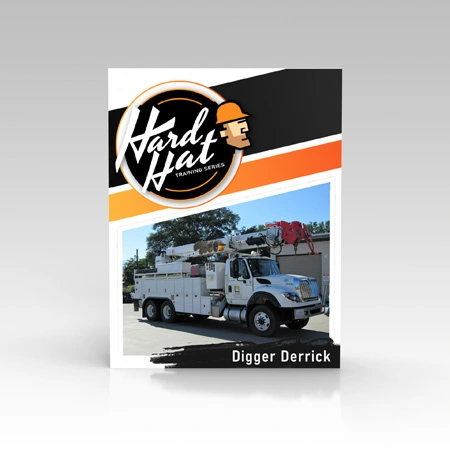
Digger Derrick Safety Training
i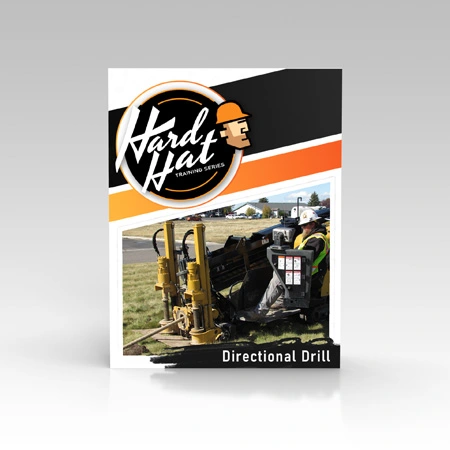
Directional Drill Safety Training
i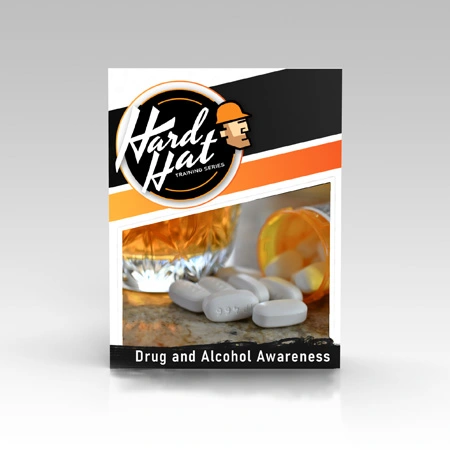
Drug & Alcohol Safety Training
i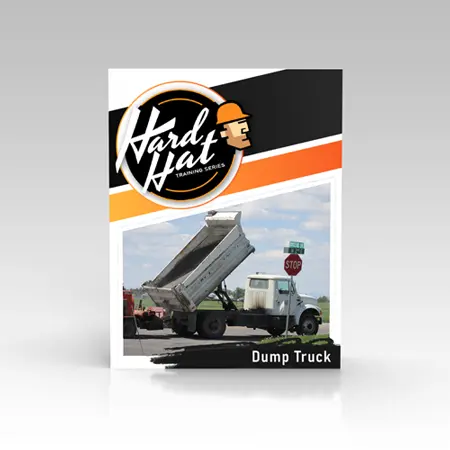
Dump Truck Safety Training
i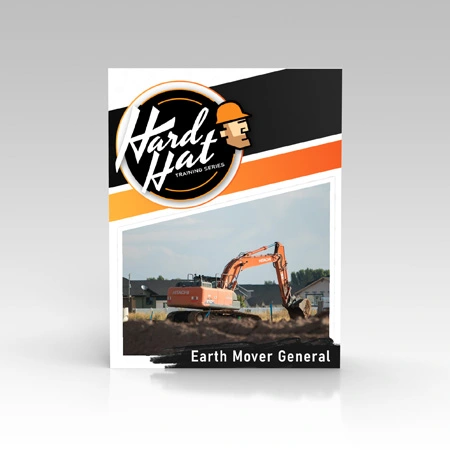
Earth Mover Safety Training
i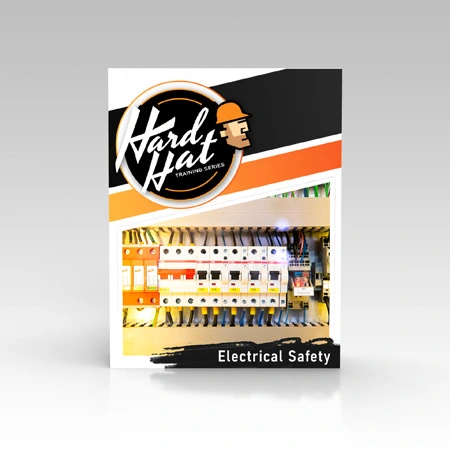
Electrical Safety Training
i
Electrical Utilities & Telecommunications Training
i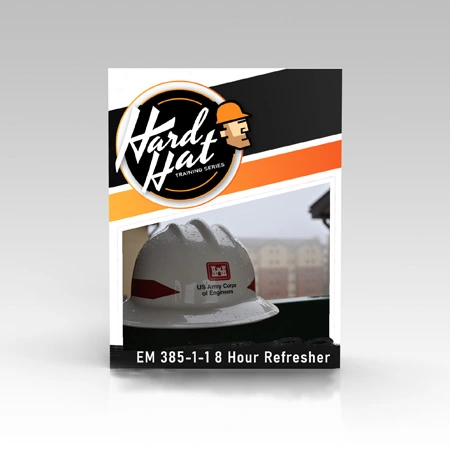
EM 385-1-1 8 hour Safety Training
i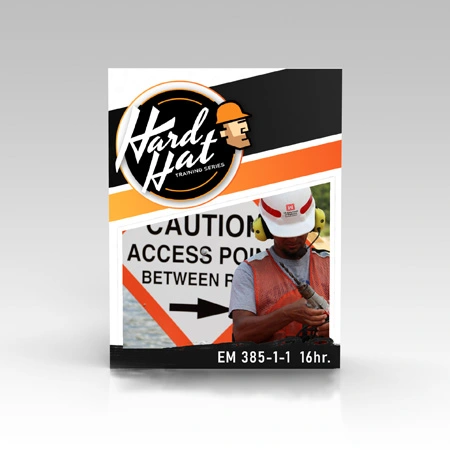
EM 385-1-1 16 hour Safety Training
i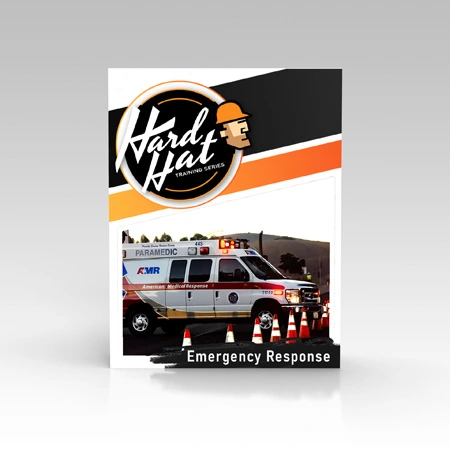
Emergency Response Safety Training
i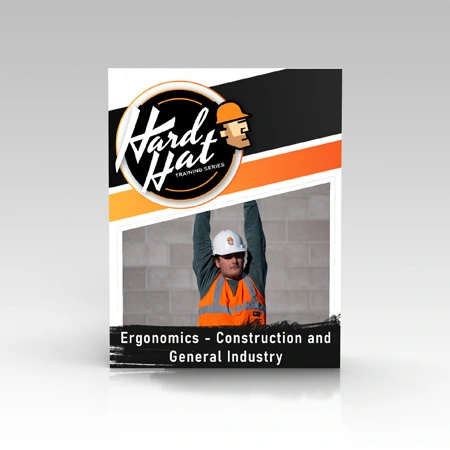
Ergonomics for Construction Safety Training
i
Ergonomics for the Office Safety Training
i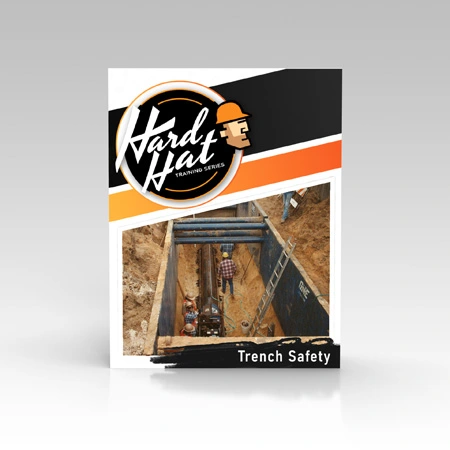
Excavation & Trench Safety Training
i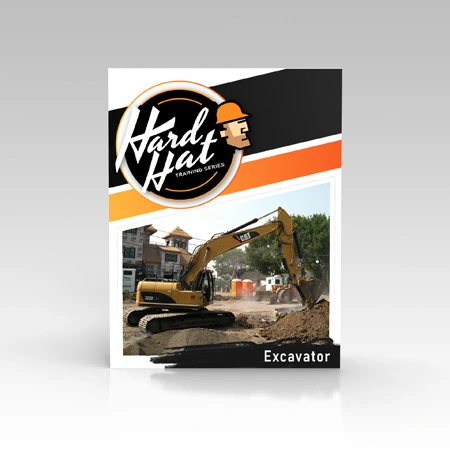
Excavator Safety Training
i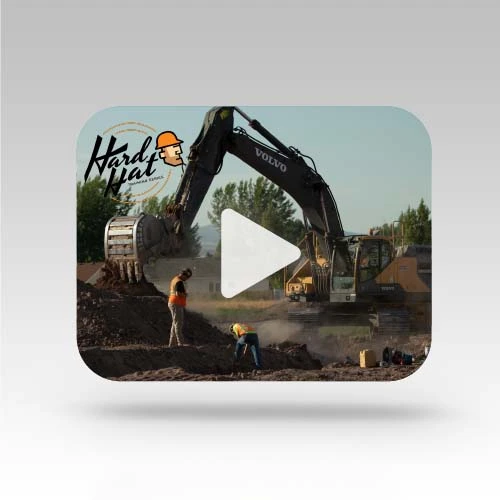
Excavator Training Videos
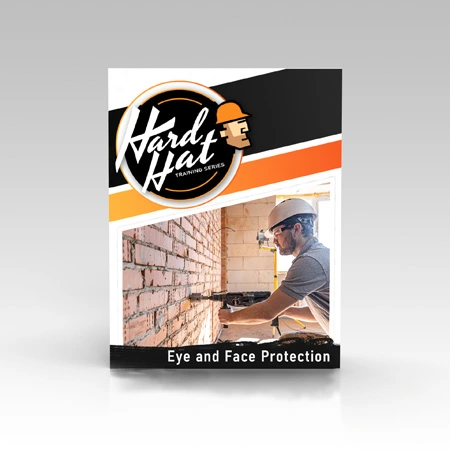
Eye & Face Protection Safety Training
i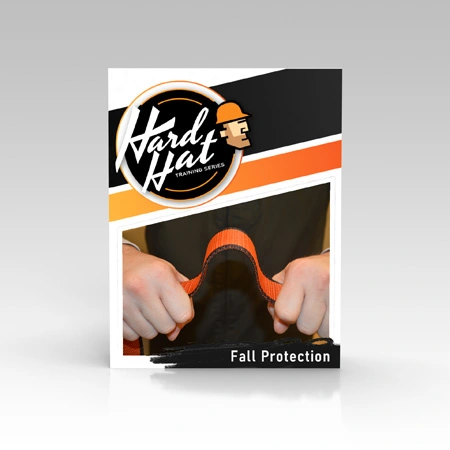
FALL PROTECTION Safety Training
i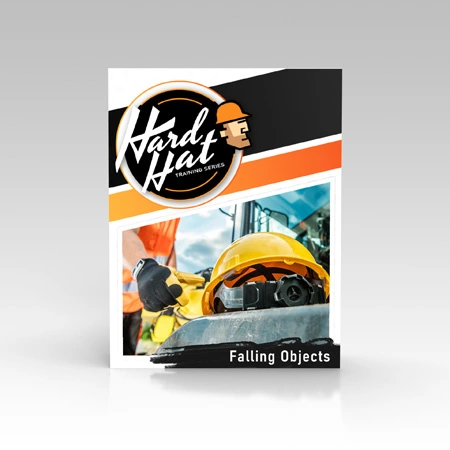
FALLING OBJECTS Safety Training
i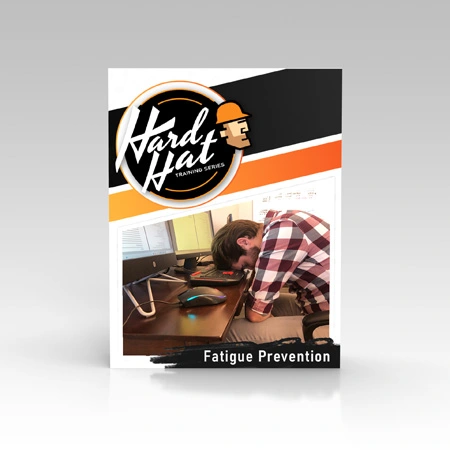
Fatigue Prevention Safety Training
i
FERPA Confidentiality of Student Information Safety Training
i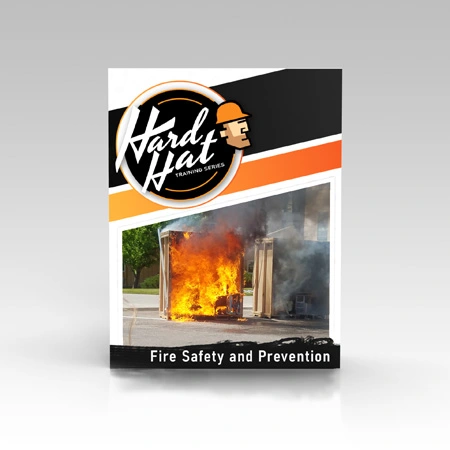
Fire Safety Training
i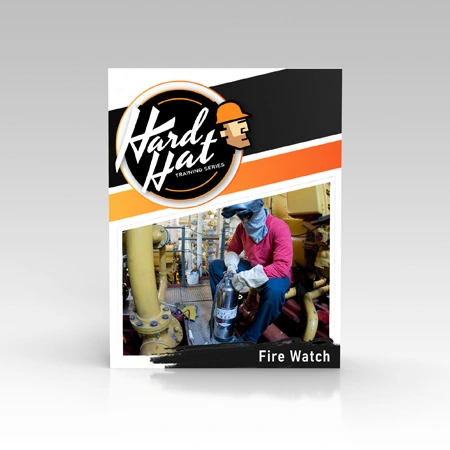
Fire Watch Safety Training
i
First Aid & CPR Training
i
First Aid & CPR for Agriculture Training
i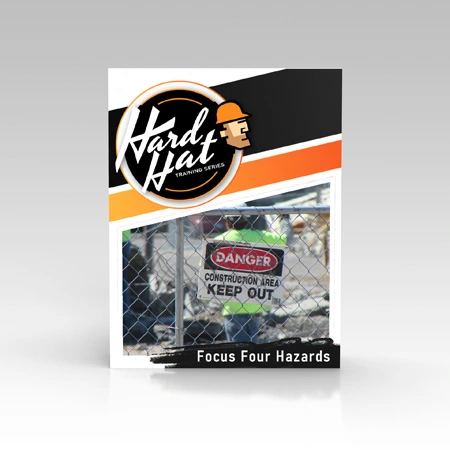
Focus Four Safety Training
i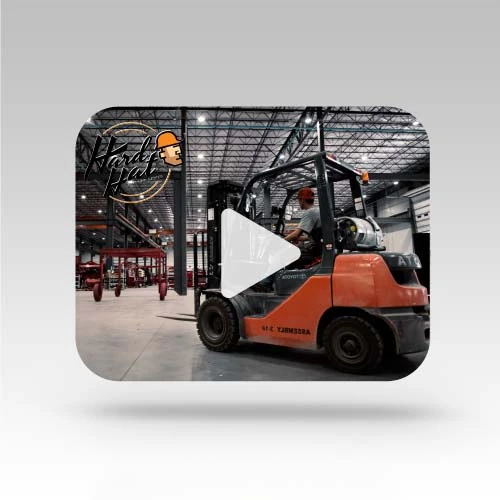
Forklift Training Videos
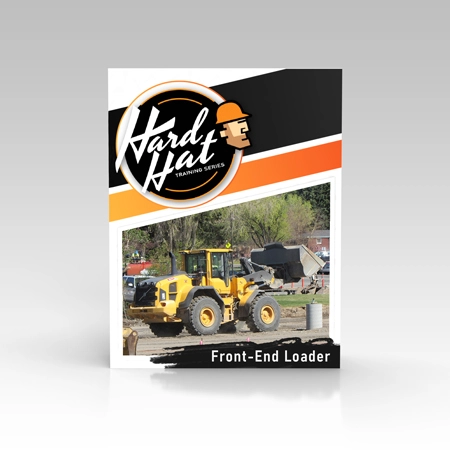
Front-End Loader Safety Training
i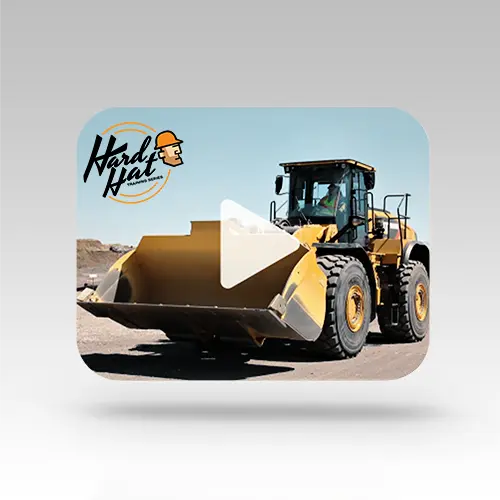
Front End Loader Training Videos
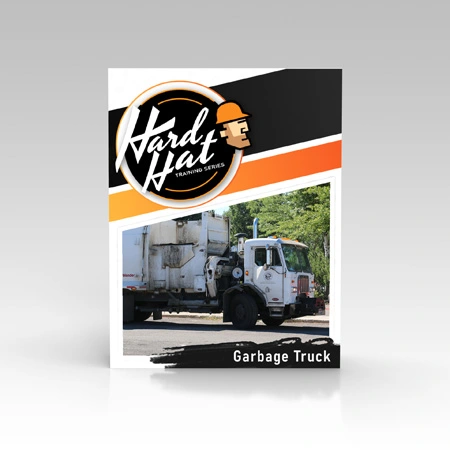
Garbage Truck Safety Training
i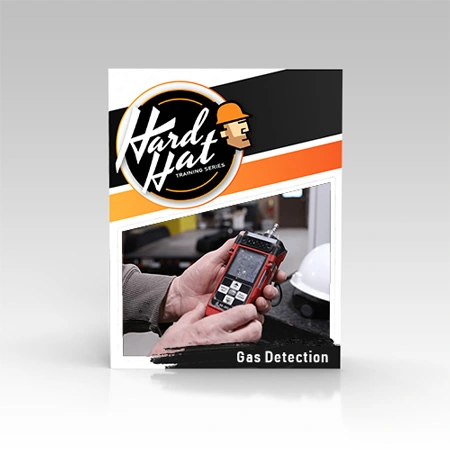
Gas Detection Safety Training
i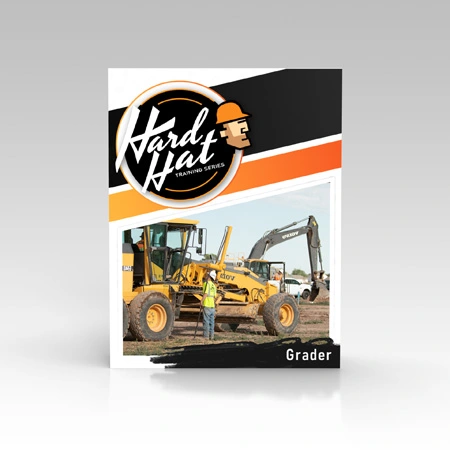
Grader (Motor) Safety Training
i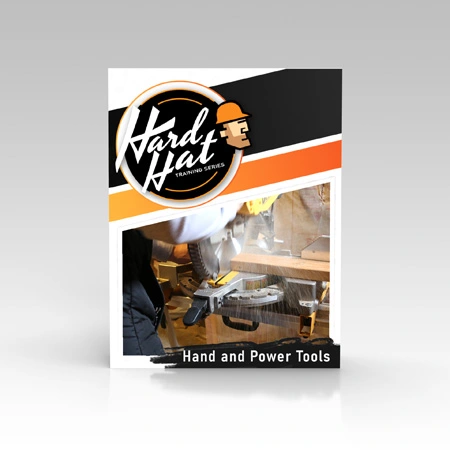
Hand & Power Tools Safety Training
i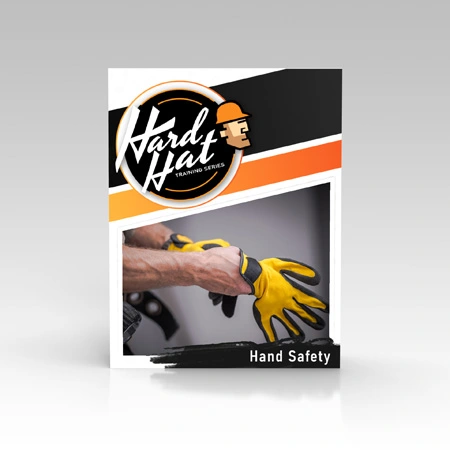
Hand Safety Training
i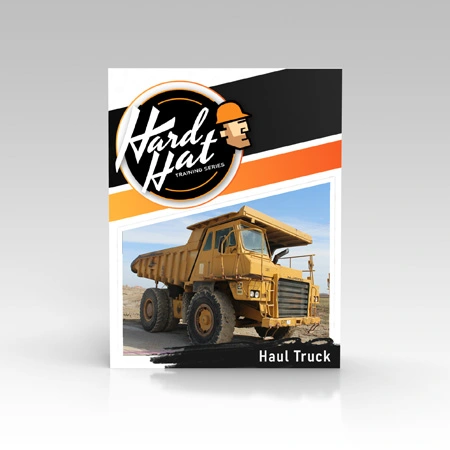
Haul Truck Safety Training
i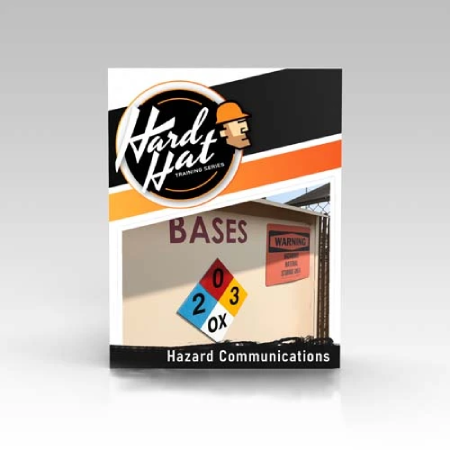
Hazard Communication (HazCom) Safety Training
i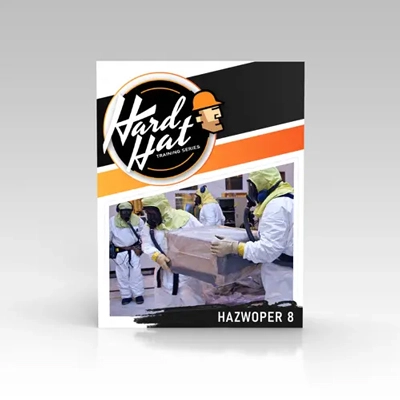
HAZWOPER 8 Safety Training
i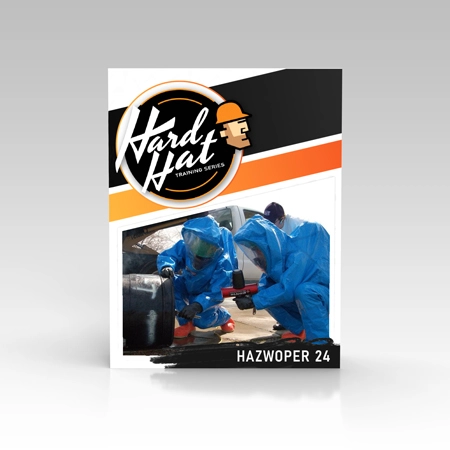
HAZWOPER 24 Safety Training
i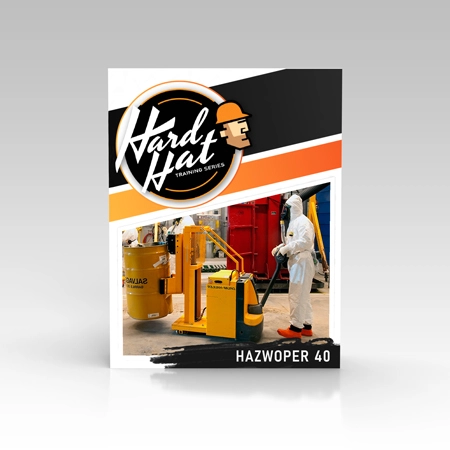
HAZWOPER 40 Safety Training
i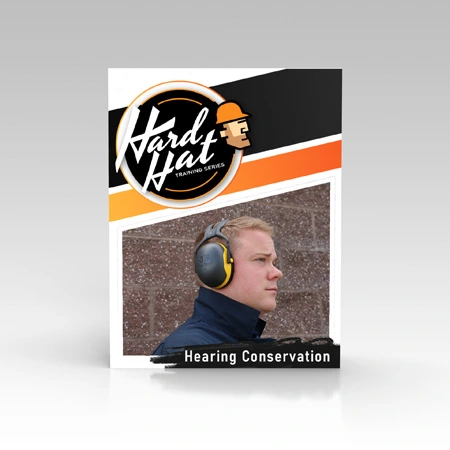
Hearing conservation Safety Training
i
Heat & Cold Stress Safety Training
i
Heat & Cold Stress for Agriculture Training
i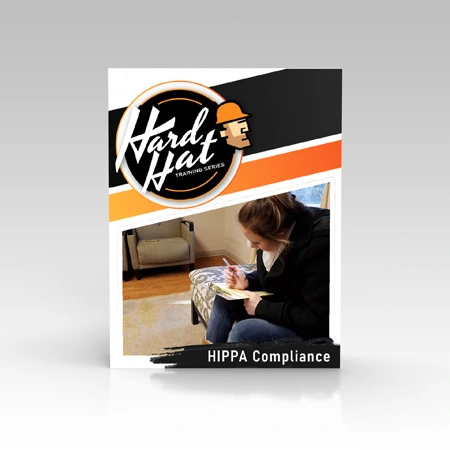
HIPAA Safety Training
i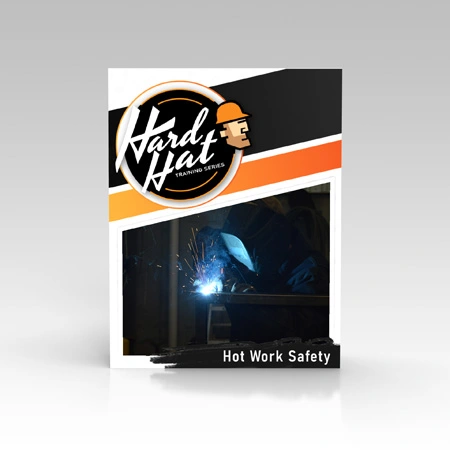
Hot Work Safety Training
i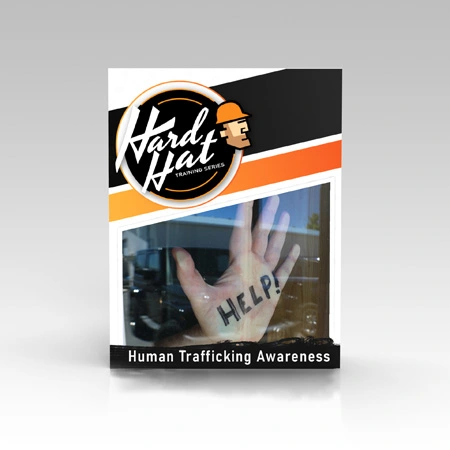
Human Trafficking Safety Training
i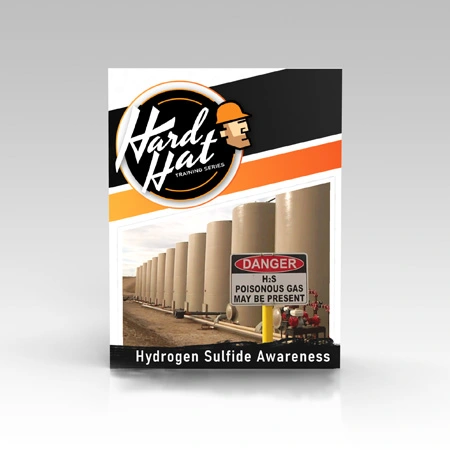
Hydrogen Sulfide (H2S) Safety Training
i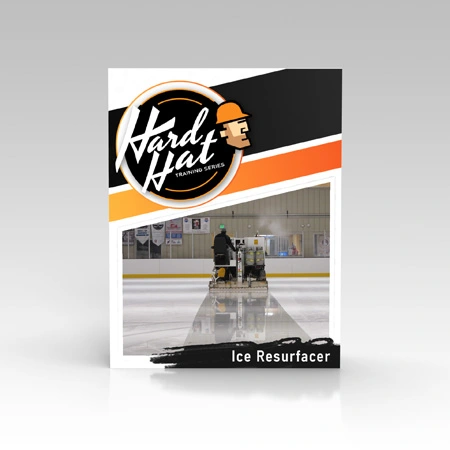
Ice Resurfacer Safety Training
i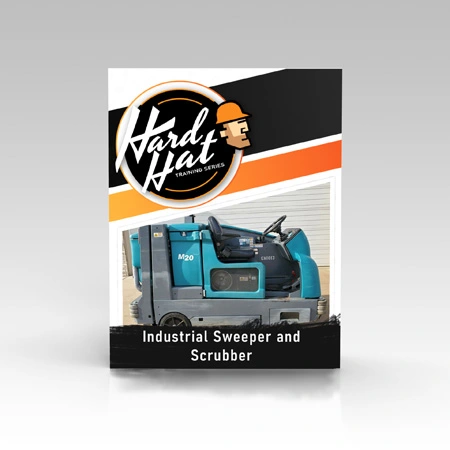
Industrial Sweeper & Scrubber Safety Training
i
Infectious Disease Safety Training
i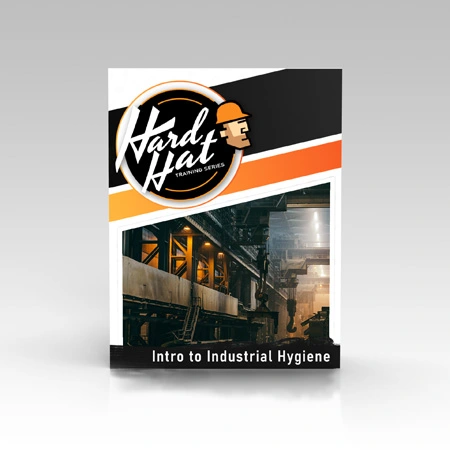
Intro to Industrial Hygiene Training
i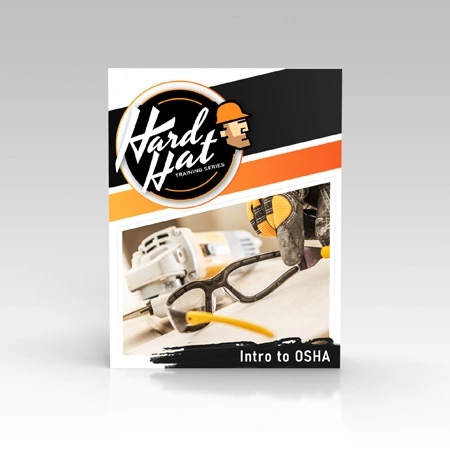
Intro To OSHA Safety Training
i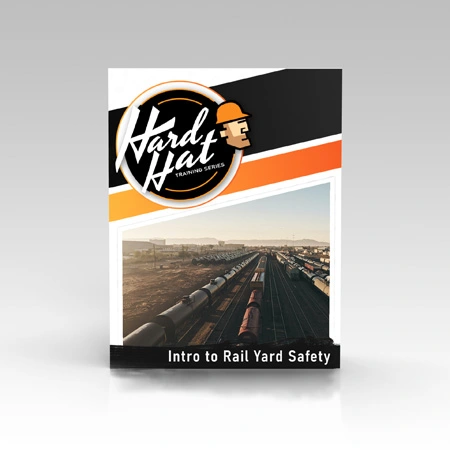
Intro to Rail Yard Safety Training
i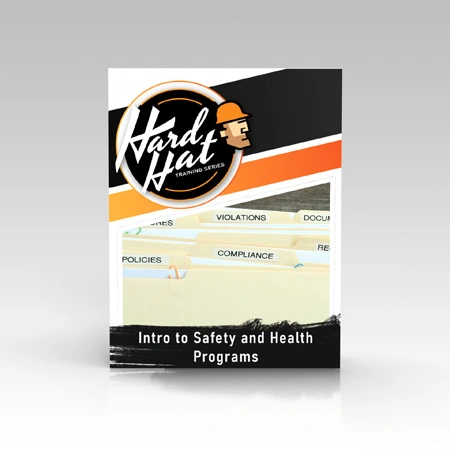
Intro To Safety & Heath Programs Training
i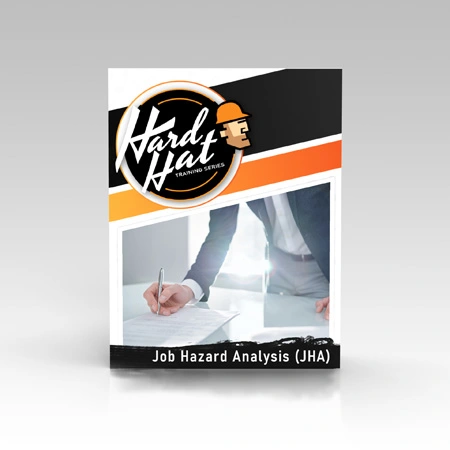
Job Hazard Analysis (JHA) Training
i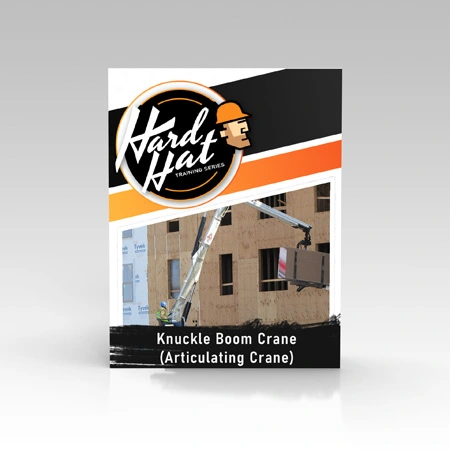
Knuckle Boom Safety Training
i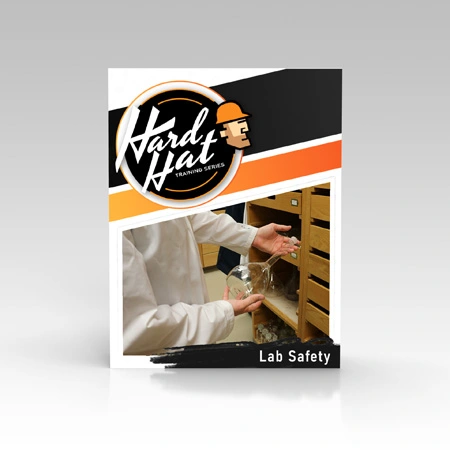
Lab Safety Training
i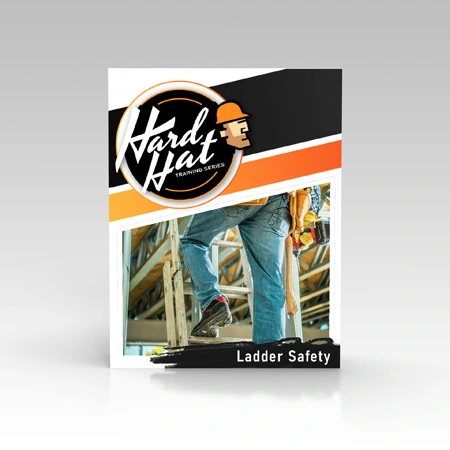
LADDER Safety Training
i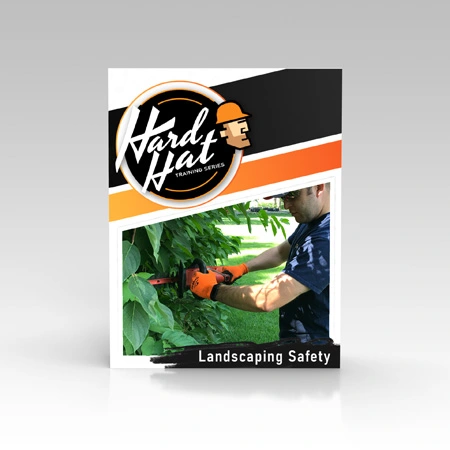
Landscaping Safety Training
i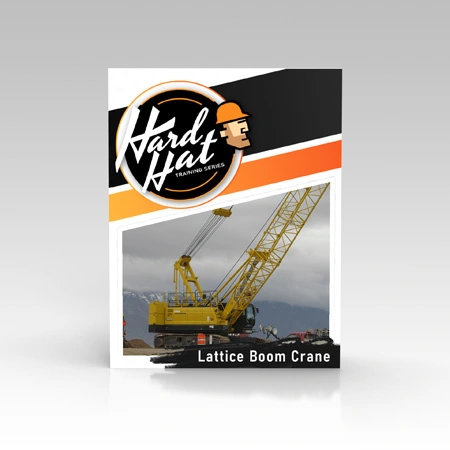
Lattice Boom Crane Safety Training
i
Lawnmower Safety Training
i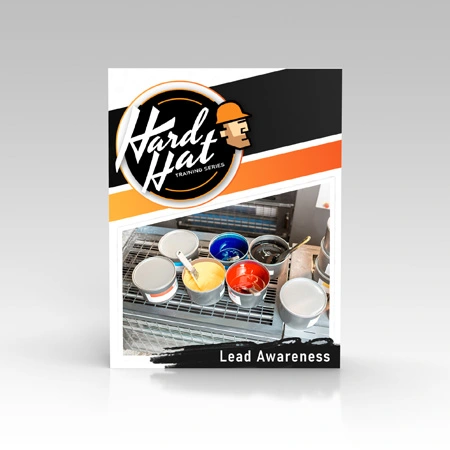
Lead Awareness Safety Training
i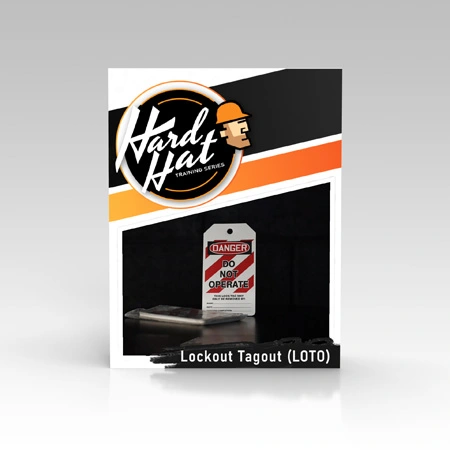
Lockout Tagout (LOTO) Safety Training
i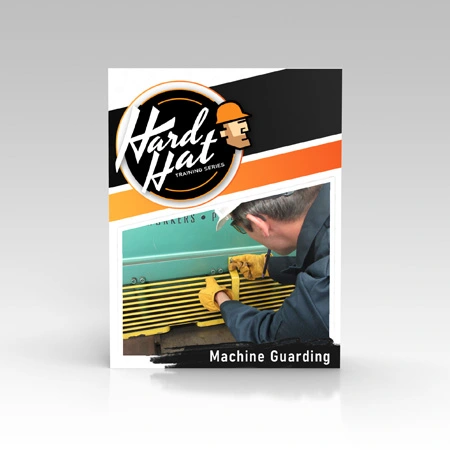
Machine Guarding Safety Training
i
Marijuana in the Workplace Training
i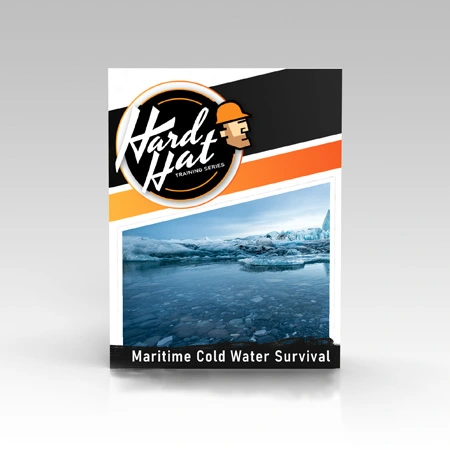
Maritime Cold Water Survival Training
i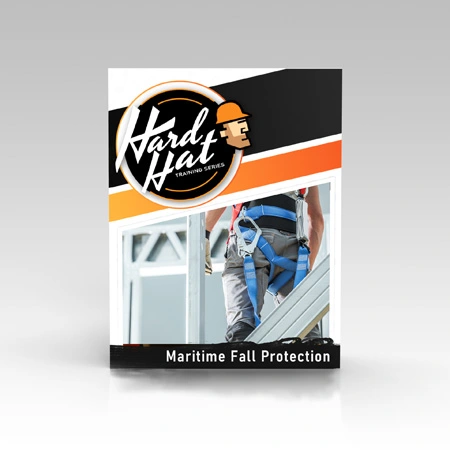
Maritime Fall Protection Safety Training
i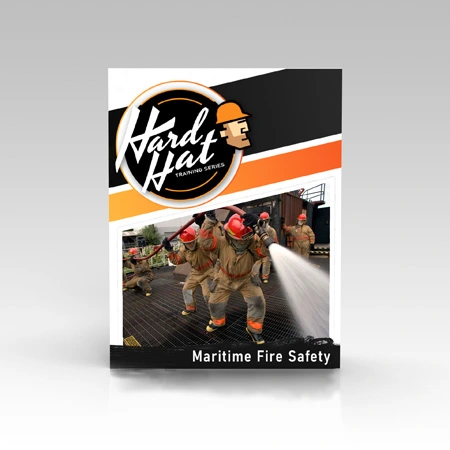
Maritime Fire Safety Training
i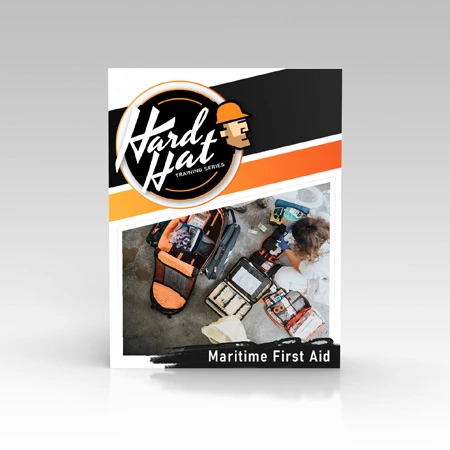
Maritime First Aid Safety Training
i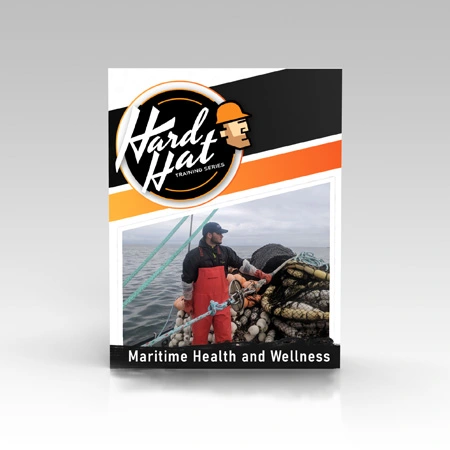
Maritime Health & Wellness Training
i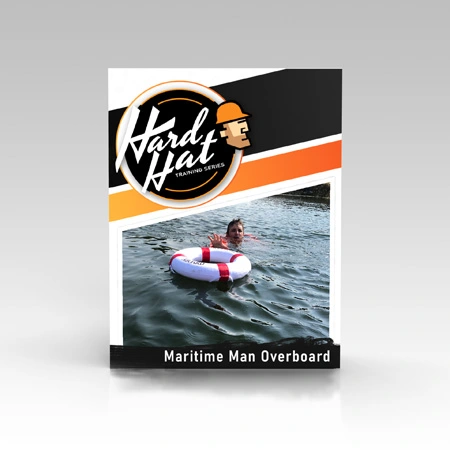
Maritime Man Overboard Safety Training
i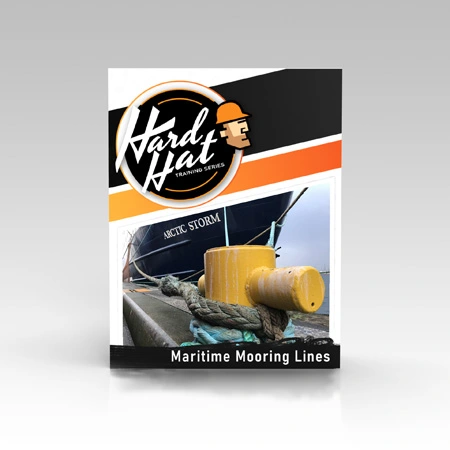
Maritime Mooring Lines Safety Training
i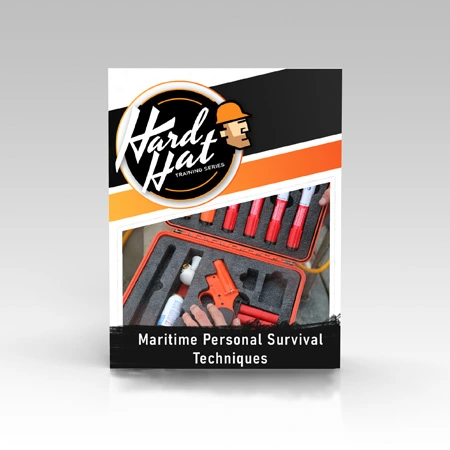
Maritime Personal Safety Training
i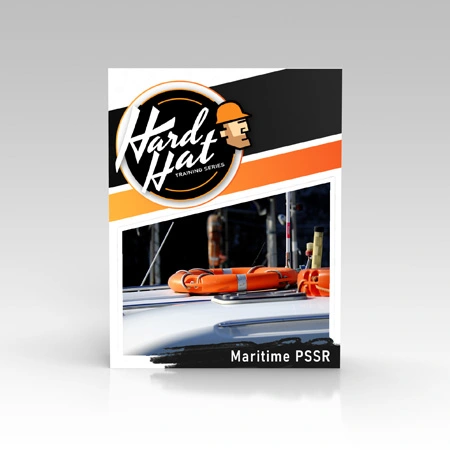
Maritime PSSR Safety Training
i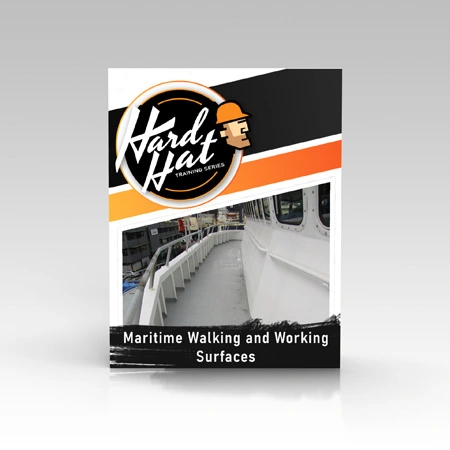
Maritime Walking & Working Surfaces Training
i
Medical Ergonomics Training
i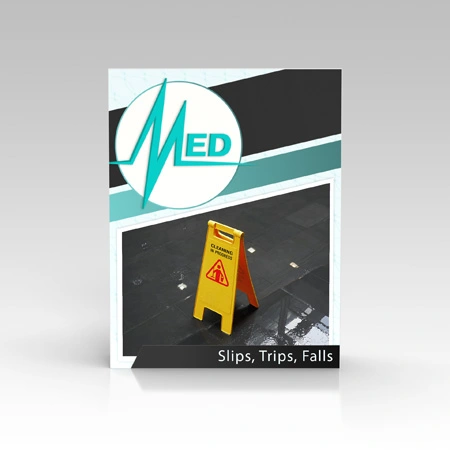
Medical Slips Trips, & Falls Training
i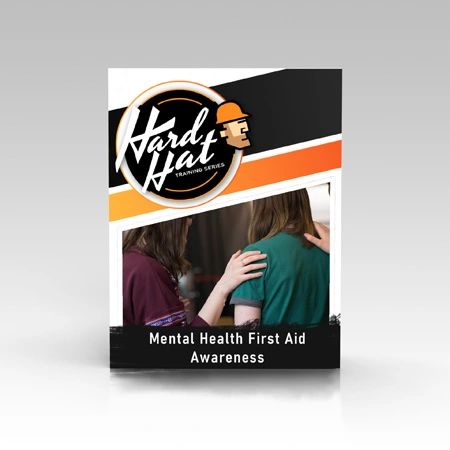
Mental Health First Aid Training
i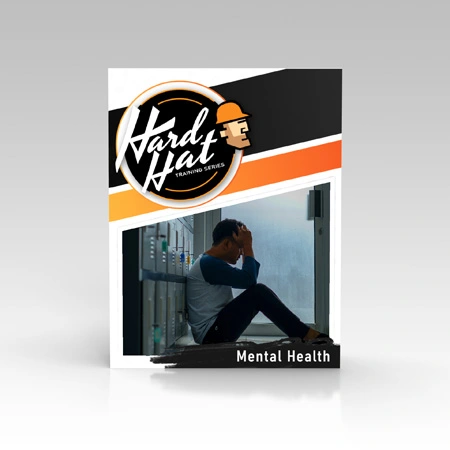
Mental Health Awareness Training
i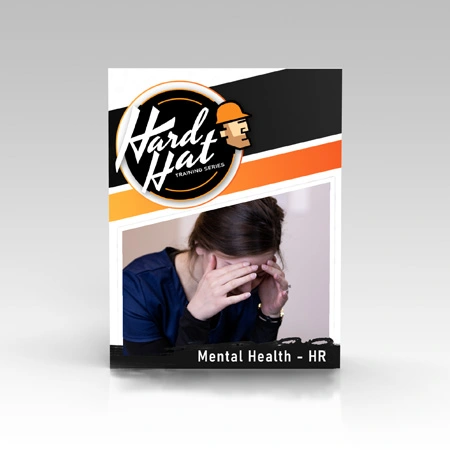
Mental Health for Human Resources (HR) Training
i
MEWP (Aerial Lift) Safety Training
i
MEWP Supervisor Safety Training
i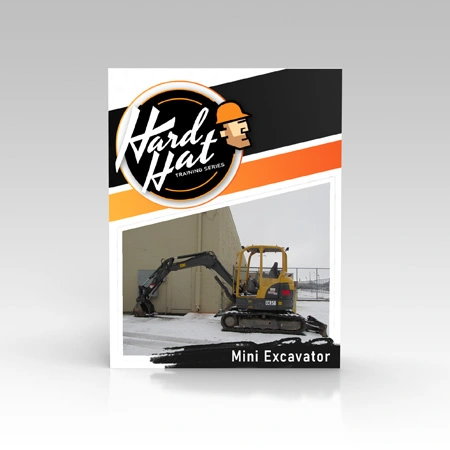
Mini Excavator Safety Training
i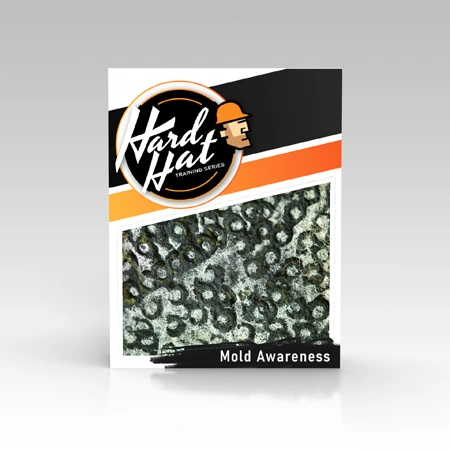
Mold Awareness Safety Training
i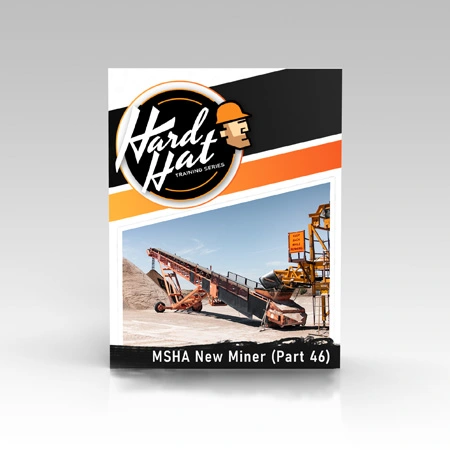
MSHA Safety Training
i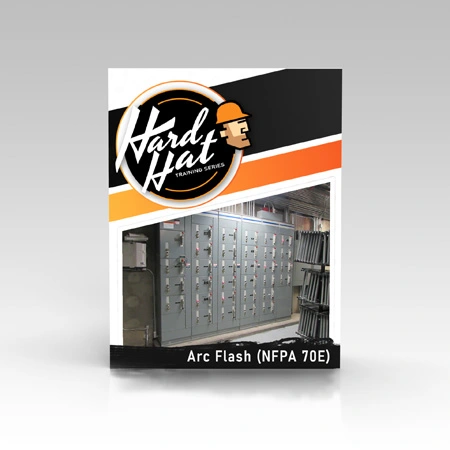
NFPA 70E Arc Flash Safety Training
i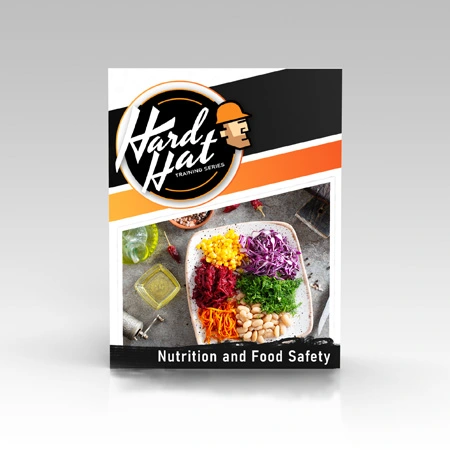
Nutrition & Food Safety Training
i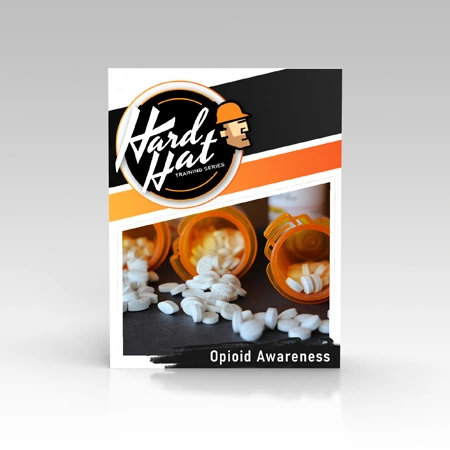
Opioid Awareness Safety Training
i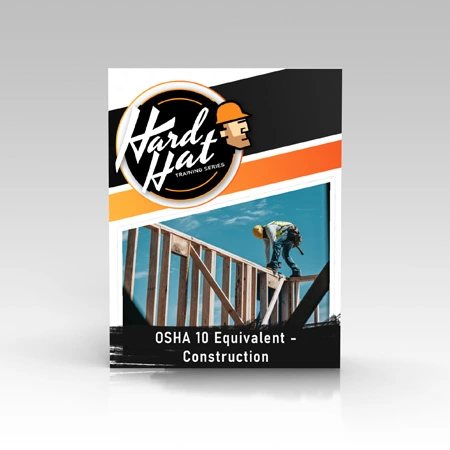
OSHA 10 (Equivalent) for Contruction Training
i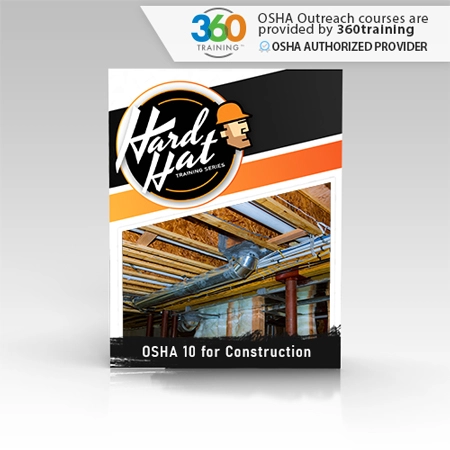
OSHA 10 for Contruction Training
i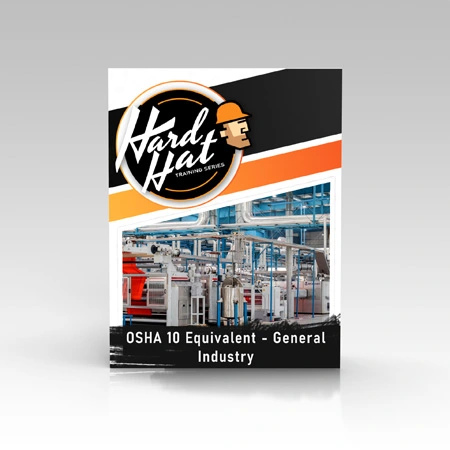
OSHA 10 (Equivalent) General Industry Training
i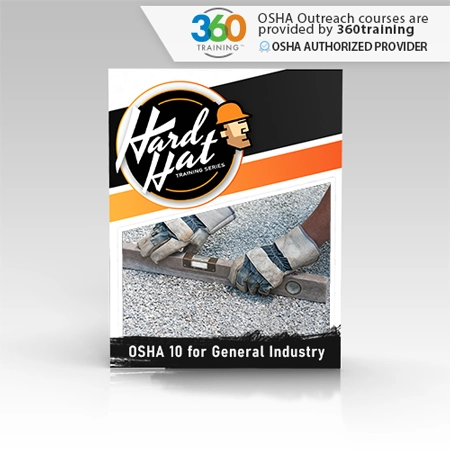
OSHA 10 for General Industry Training
i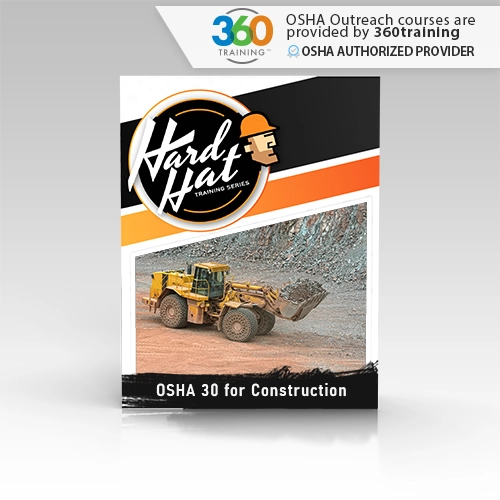
OSHA 30 for Contruction Training
i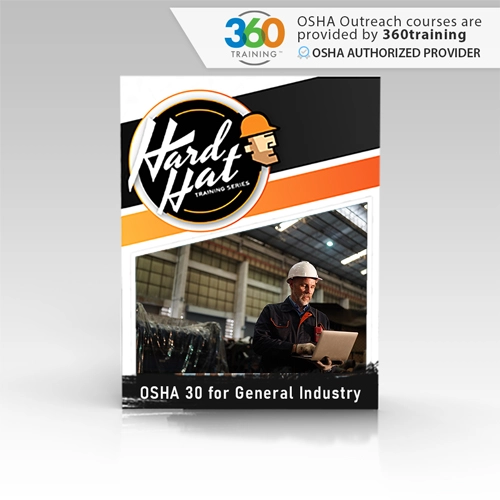
OSHA 30 for General Industry Training
i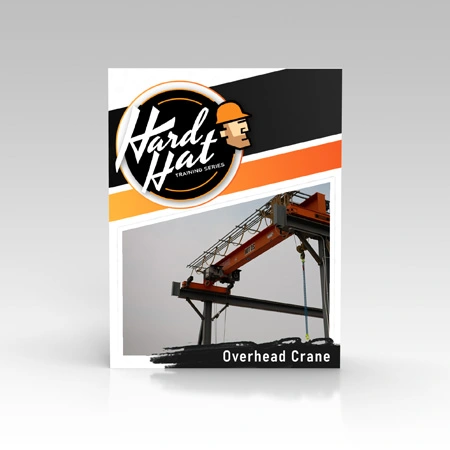
Overhead Crane Safety Training
i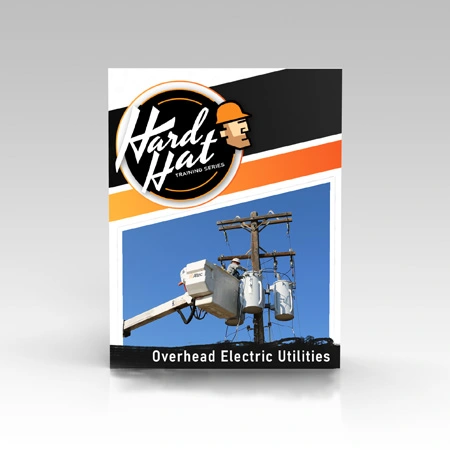
Overhead Electric Utilities Safety Training
i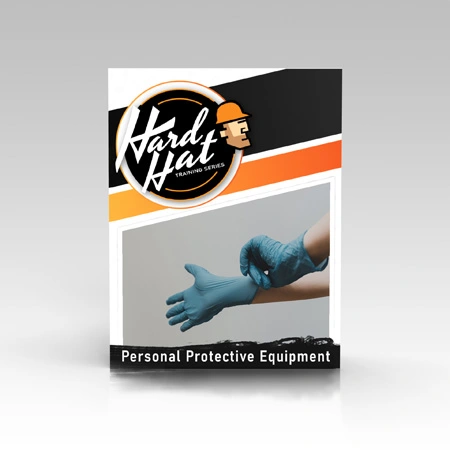
P.P.E. (Personal Protective Equipment) Training
i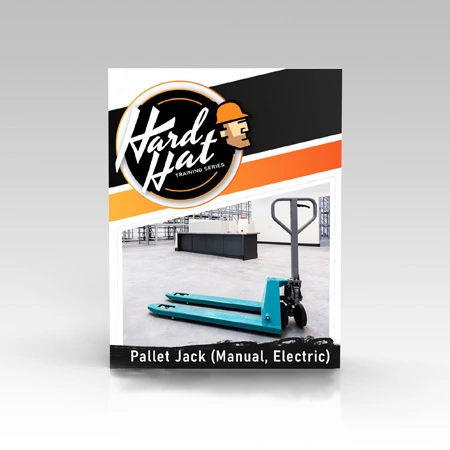
Pallet Jack Safety Training
i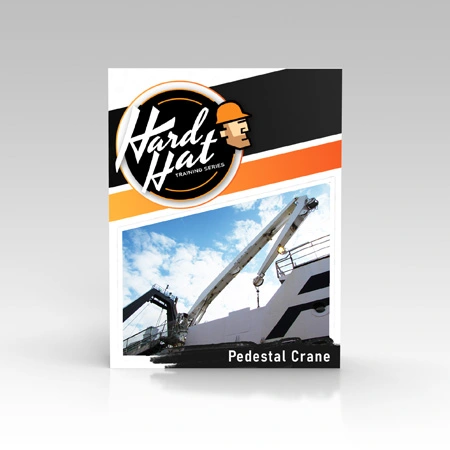
Pedestal Crane Safety Training
i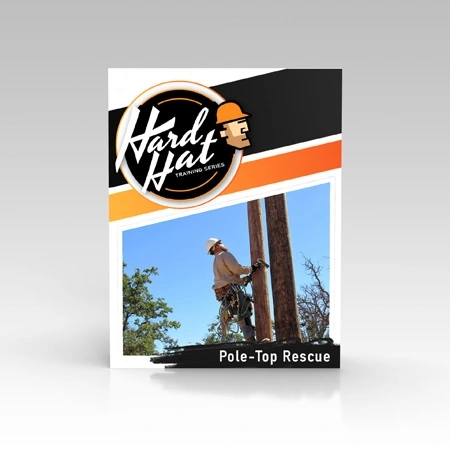
POLE TOP RESCUE Safety Training
i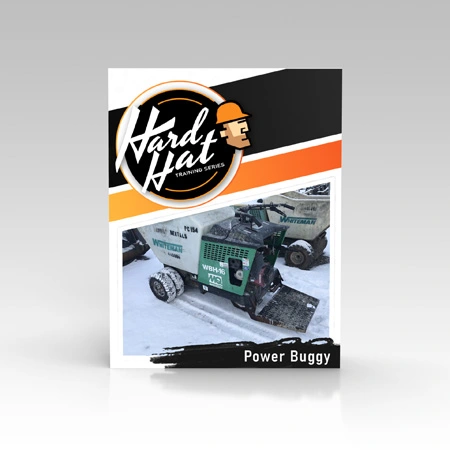
Power Buggy Safety Training
i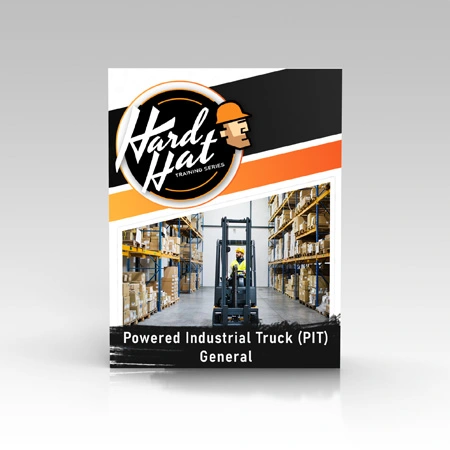
PIT (Powered Industrial Truck) Training
i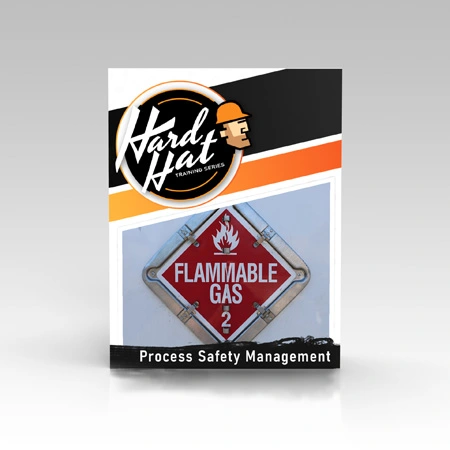
PSM (Process System Management) Training
i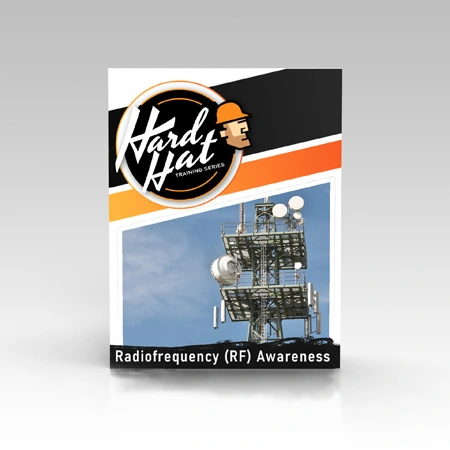
Radiofrequency (RF) Safety Training
i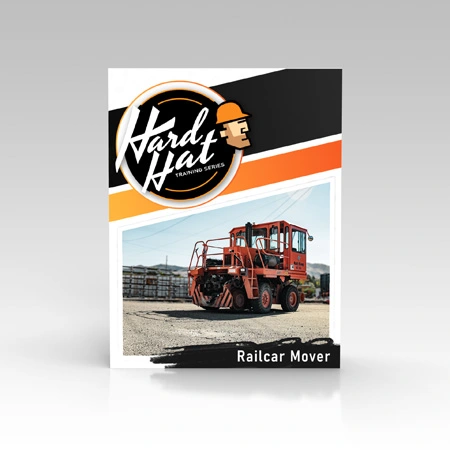
Railcar Mover Safety Training
i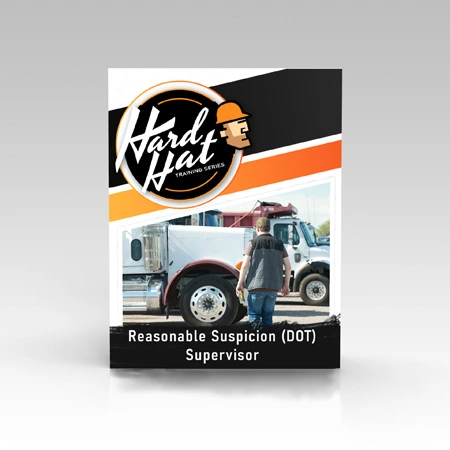
Reasonable Suspicion Supervisor Safety Training
i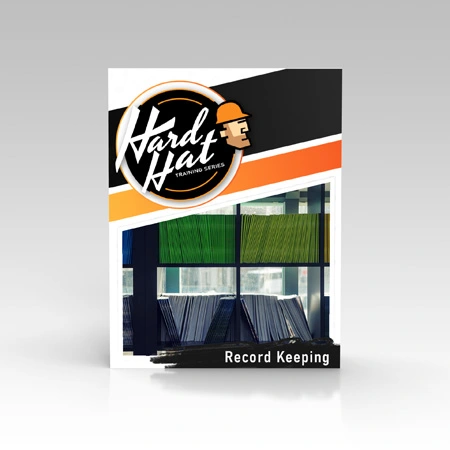
Record Keeping Training
i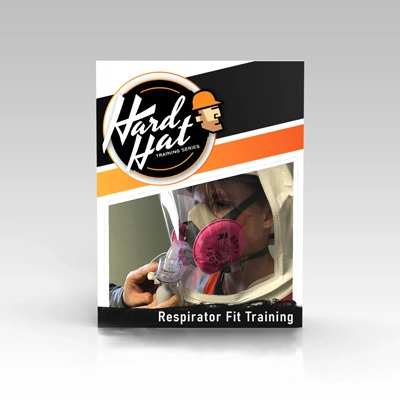
RESPIRATOR FIT TESTING SAFETY TRAINING
i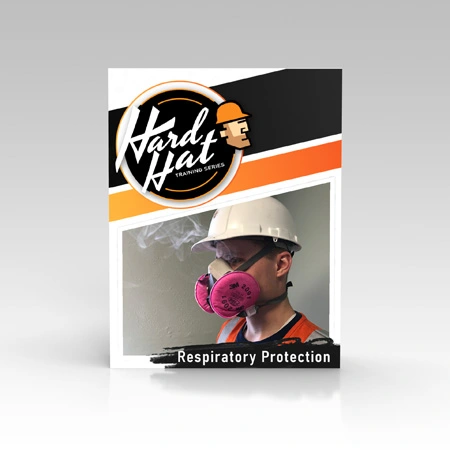
Respiratory Safety Training
i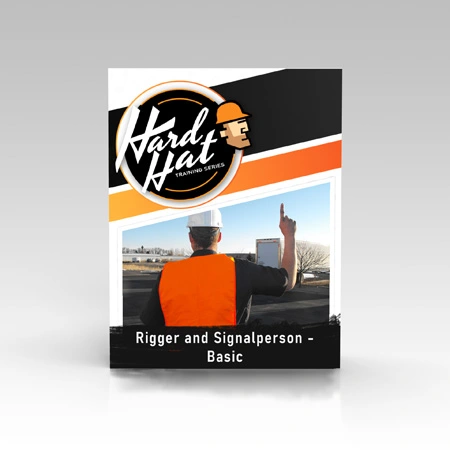
Rigger & Signal Person (Basic) Training
i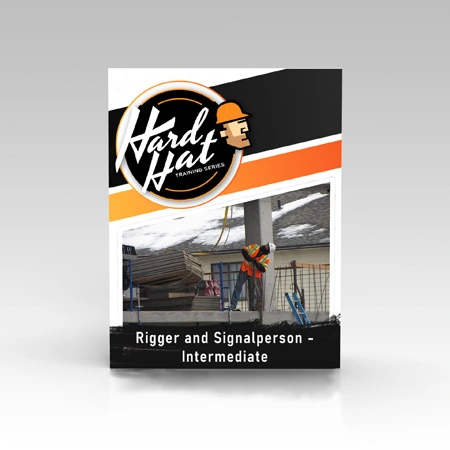
Rigger & Signal Person (Intermediate) Training
i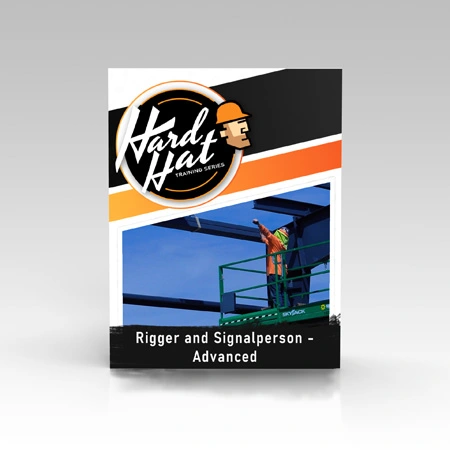
Rigger & Signal Person (Advanced) Training
i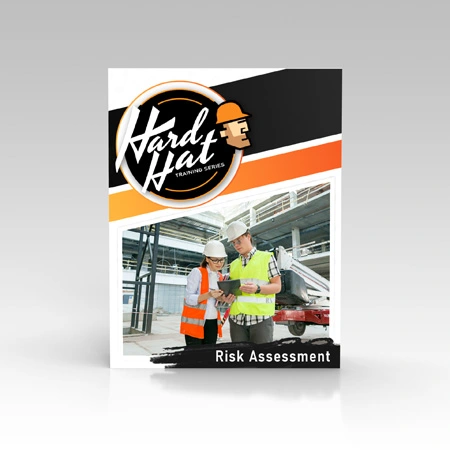
Risk Assessment Safety Training
i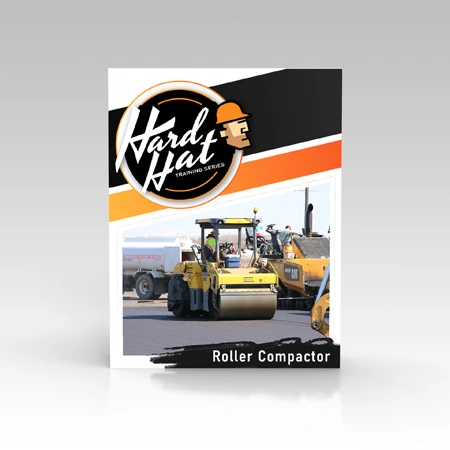
Roller Compactor Safety Training
i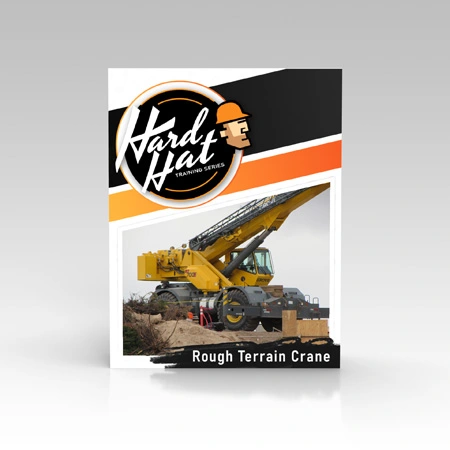
Rough Terrain (RT) Crane Safety Training
i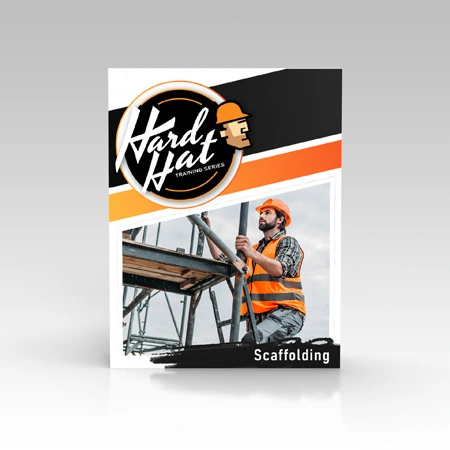
SCAFFOLDING Safety Training
i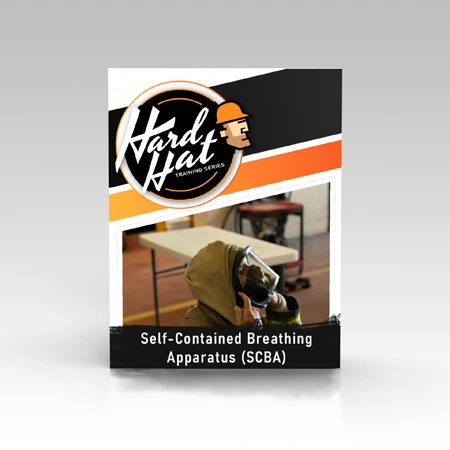
SCBA Respirator Safety Training
i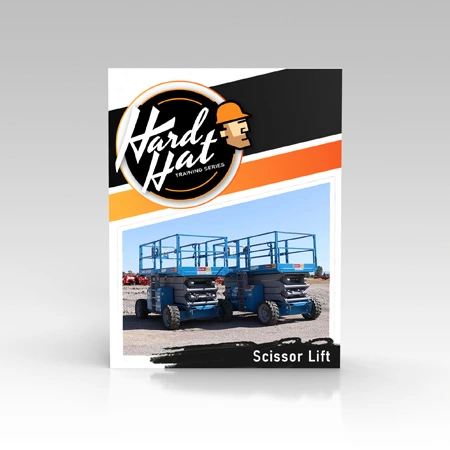
SCISSOR LIFT Safety Training
i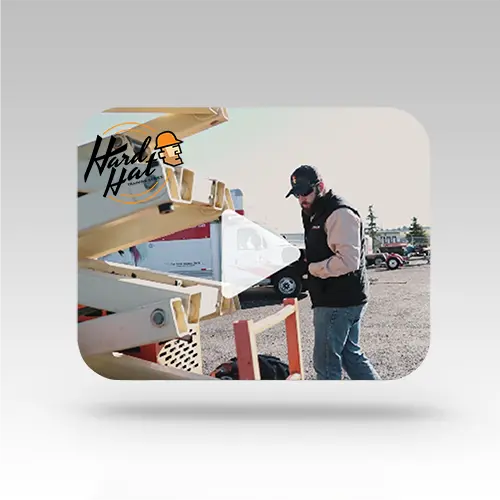
Scissor Lift Training Videos
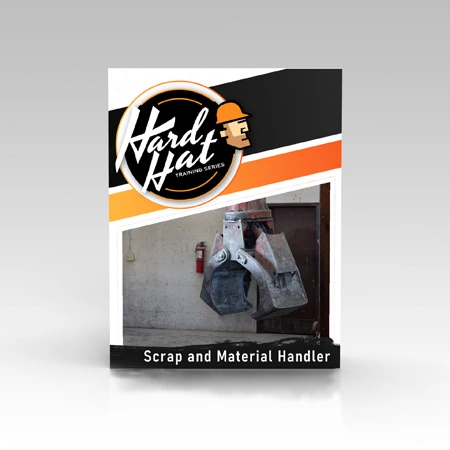
Scrap & Material Handler Safety Training
i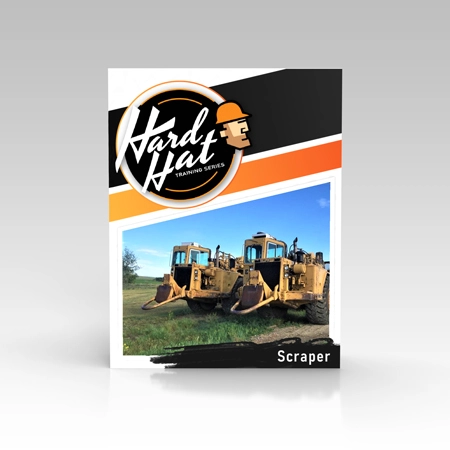
Scraper Safety Training
i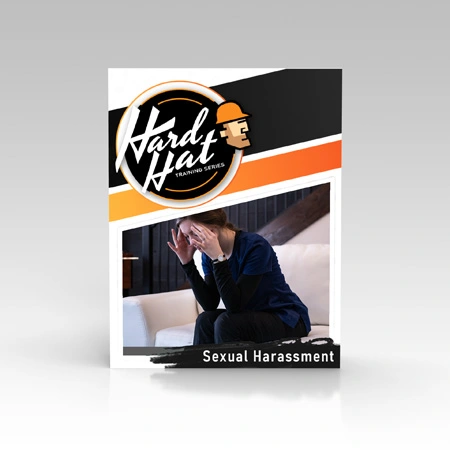
Sexual Harassment Prevention Training
i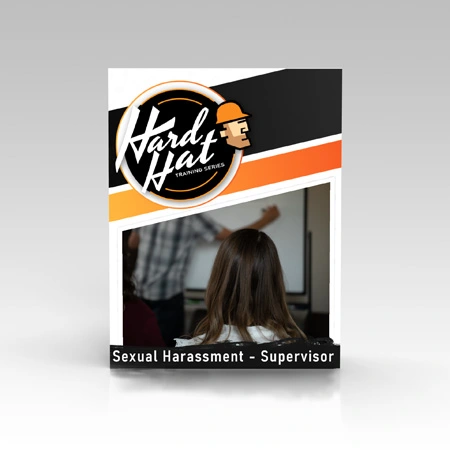
Sexual Harassment for Supervisors Training
i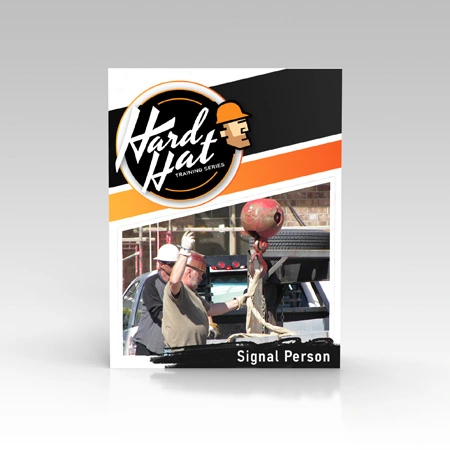
Signal Person Safety Training
i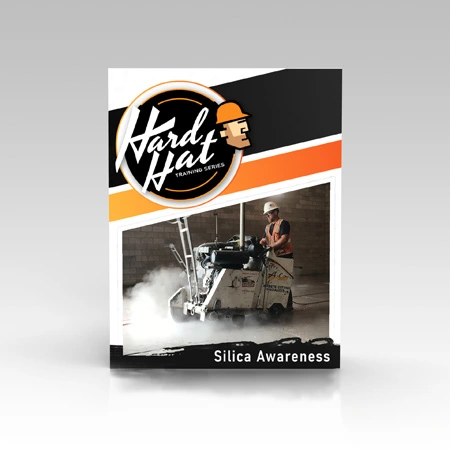
Silica Awareness Safety Training
i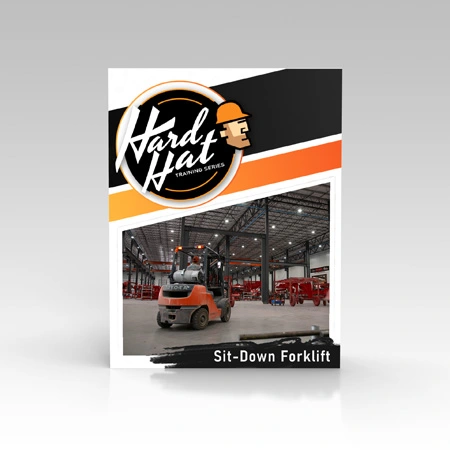
Sit-Down Forklift Safety Training
i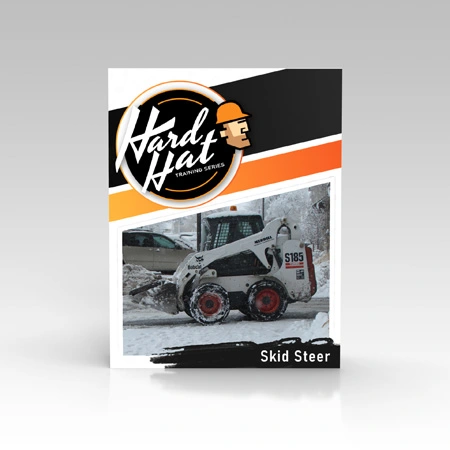
Skid Steer Safety Training
i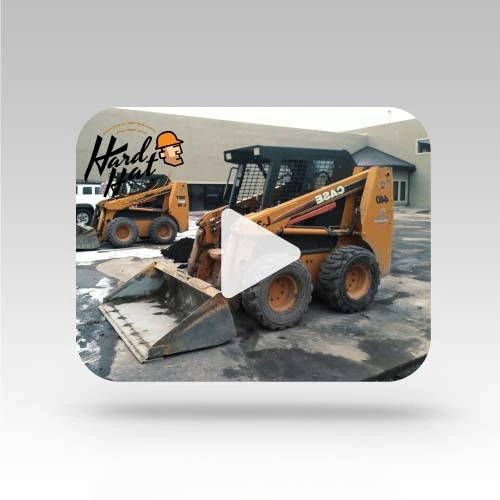
Skid Steer Training Videos

Snow Removal Safety Training
i
Snowblower Safety Training
i
Snowcat Safety Training
i
Snowmobile Safety Training
i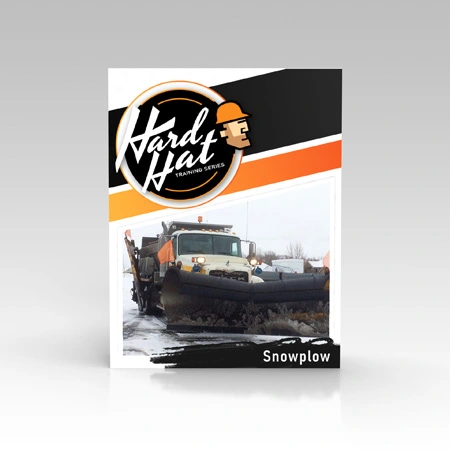
Snowplow Safety Training
i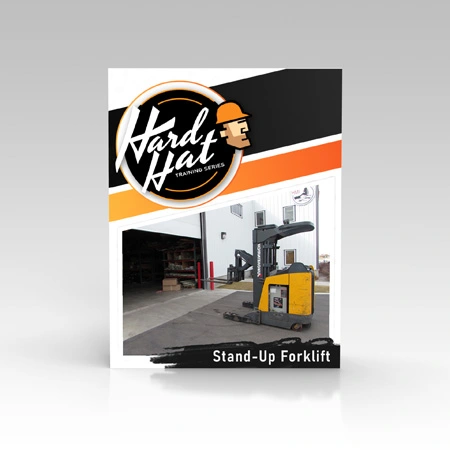
Stand Up Forklift Safety Training
i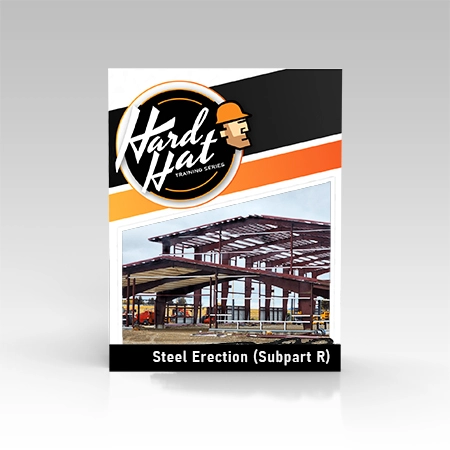
Steel Erection (Subpart R) Safety Training
i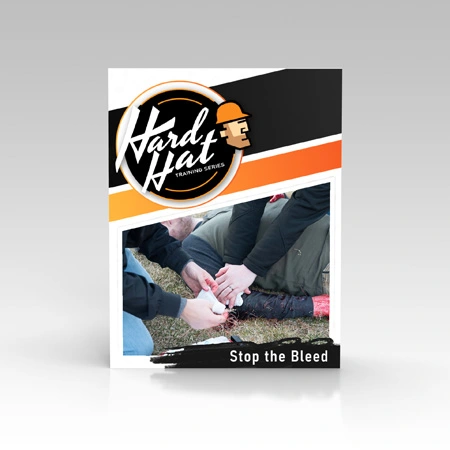
Stop the Bleed Safety Training
i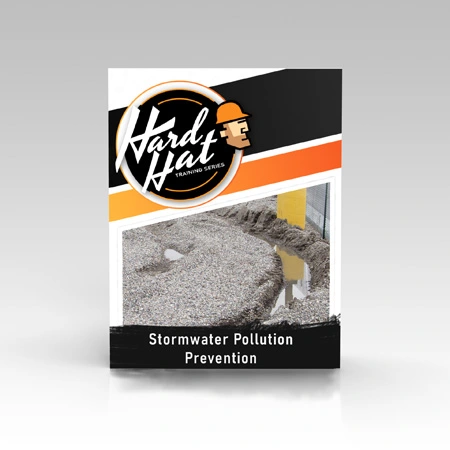
Stormwater Pollution Prevention Training
i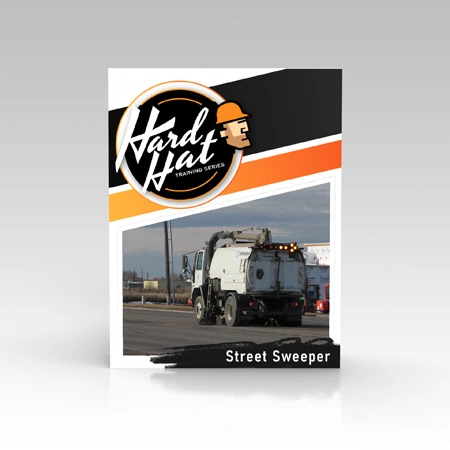
Street Sweeper Safety Training
i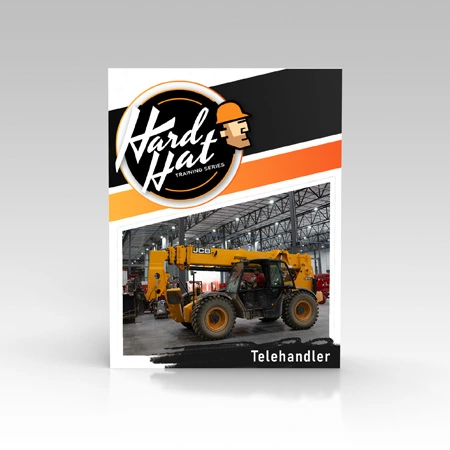
Telehandler Safety Training
i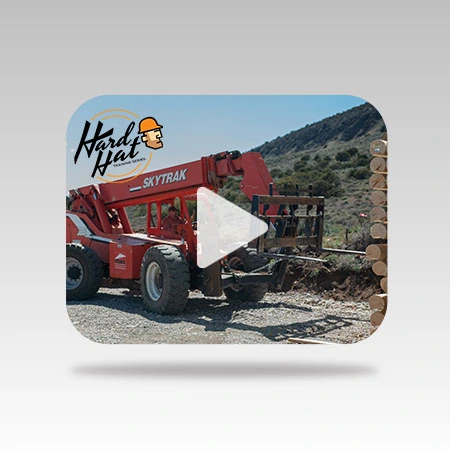
Telehandler Training Videos
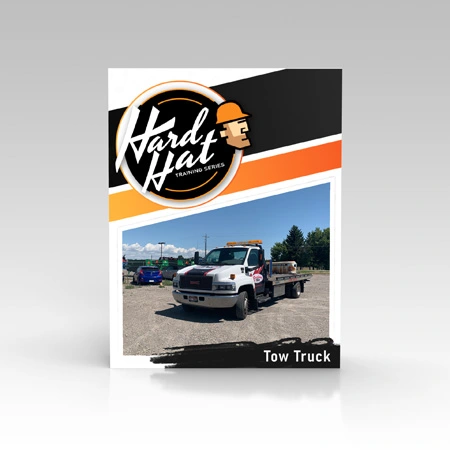
Tow Truck Safety Training
i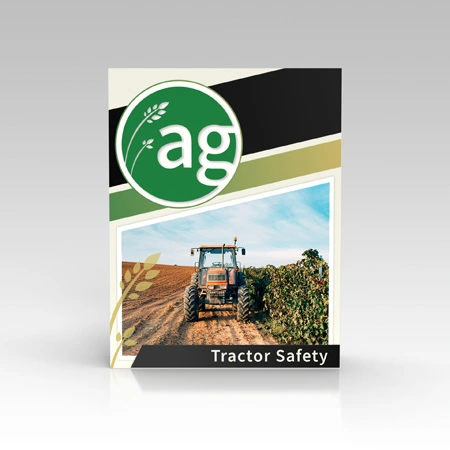
Tractor Safety Training
i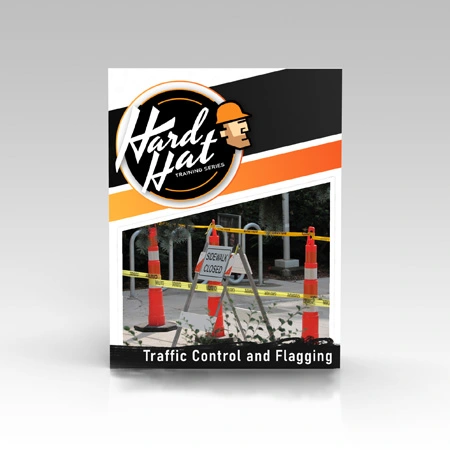
Traffic Control Training
i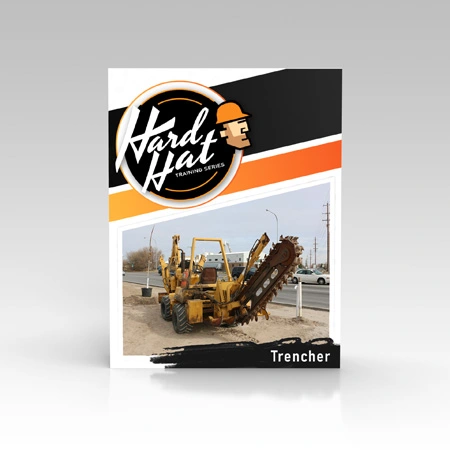
Trencher Safety Training
i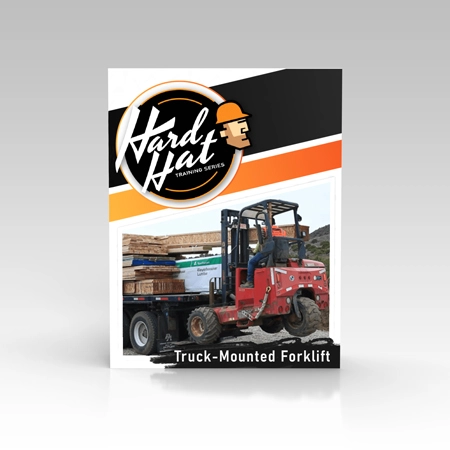
Truck-Mounted-Forklift Safety Training
i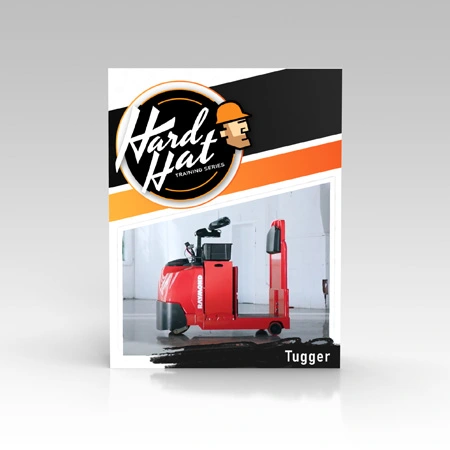
Tugger Safety Training
i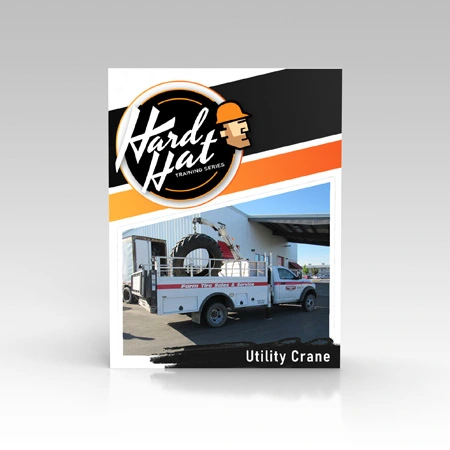
Utility Truck Crane Safety Training
i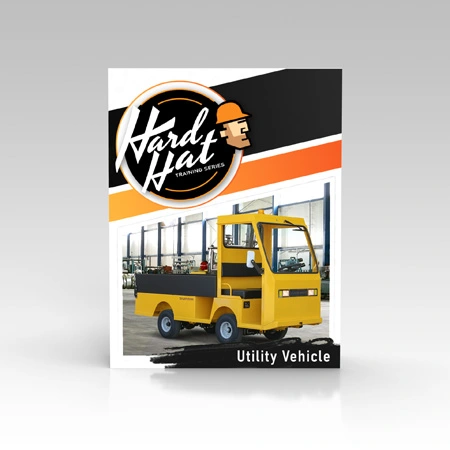
Utility Vehicle Safety Training
i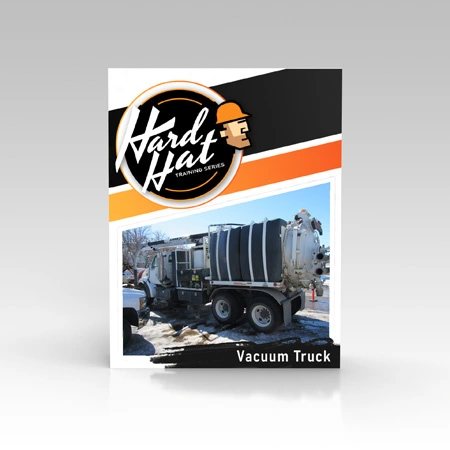
Vacuum Truck Safety Training
i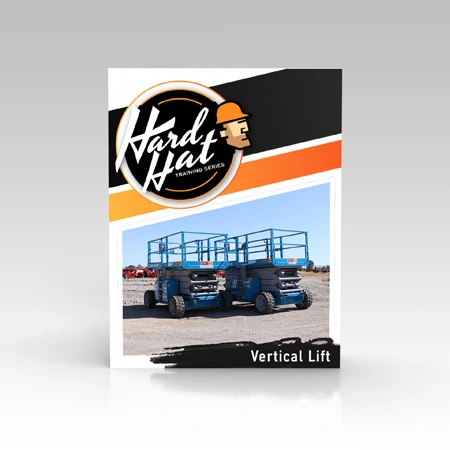
VERTICAL LIFT Safety Training
i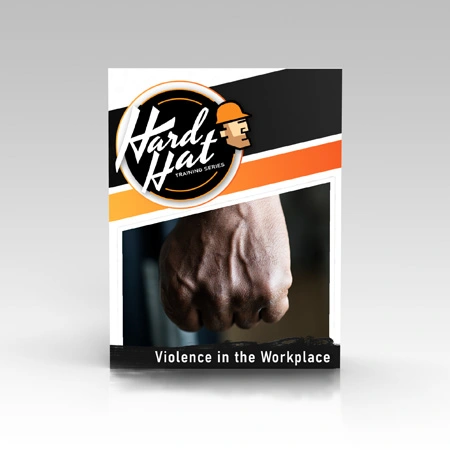
Violence in the Workplace Training
i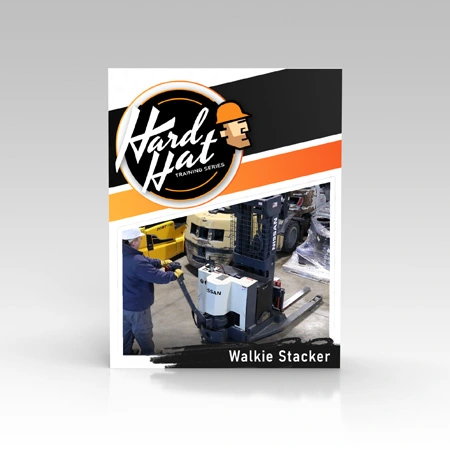
Walkie Stacker Safety Training
i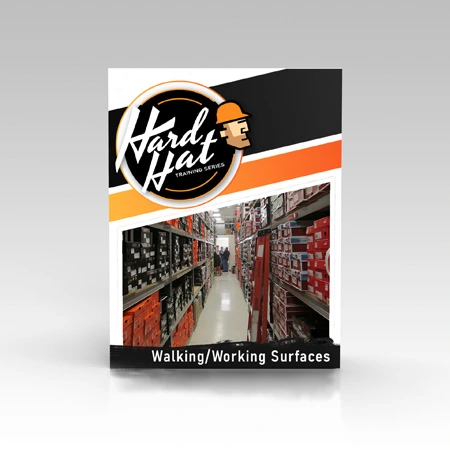
Walking & Working Surfaces Training
i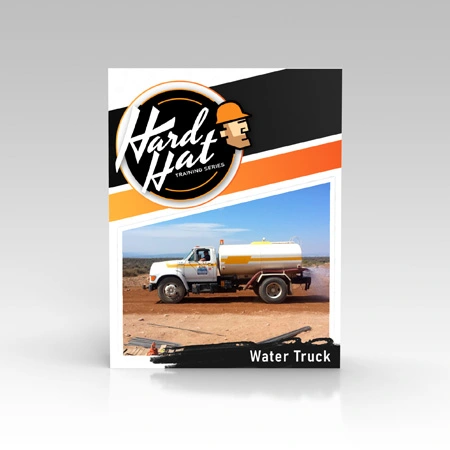
Water Truck Safety Training
i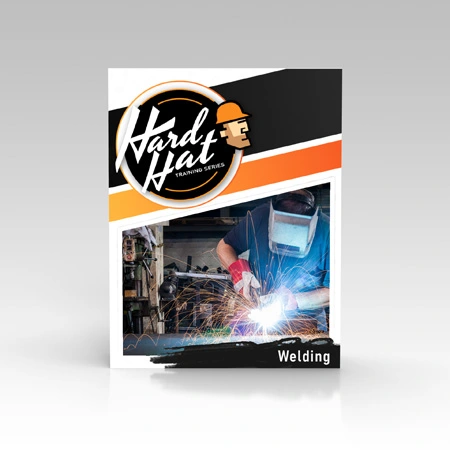
Welding Safety Training
i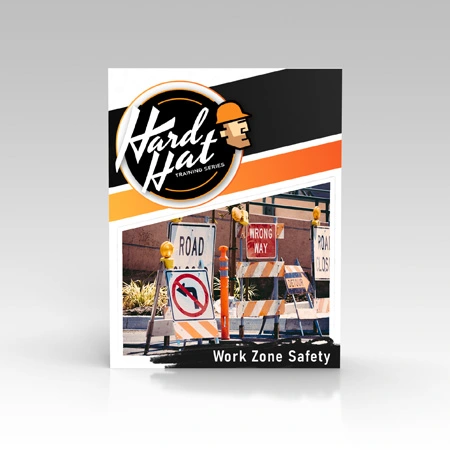
Work Zone Safety Training
i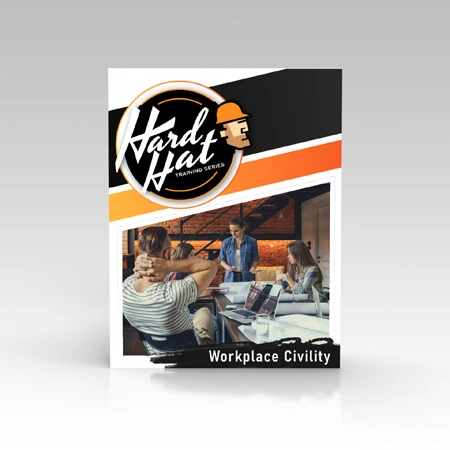
Workplace Civility Safety Training
i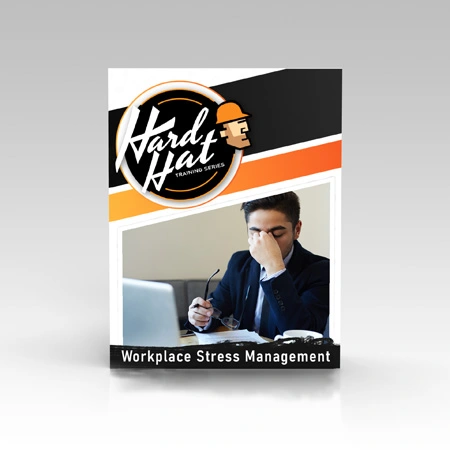
Workplace Stress Management Training
i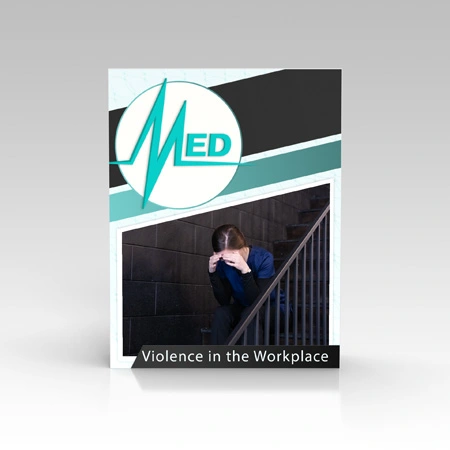
Workplace Violence for Healthcare Training
i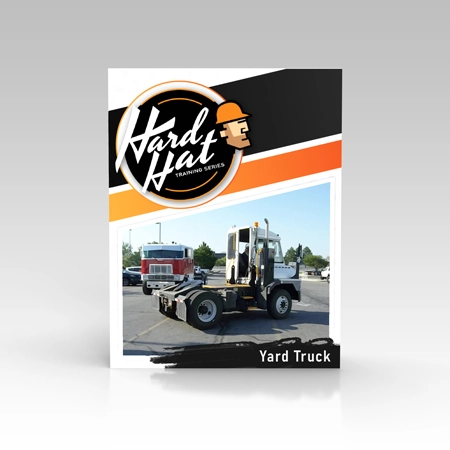
Yard Truck Safety Training
i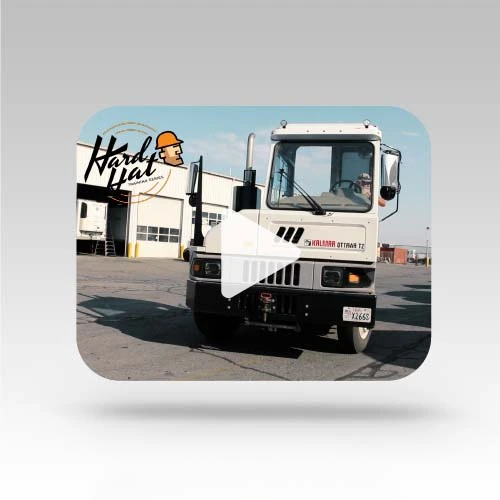
Yard Truck Training Videos
What is Online Training?
Our online trainings are great for those who want to learn at their own pace and on their own time. Online trainings can be completed from any location, eliminating the need for expensive seminars. Employers can assign employees specific trainings and keep track of their progress and exam scores.
Additionally, we offer options to complement any comapany’s business strategy. This includes group trainings, company accounts, and even bulk discounts for businesses.
What are DIY Kits?
Our training kits offer a full training experience alongside a comprehensive toolset for further learning. These kits are the perfect resource for those who want the freedom of training employees themselves. Unlike traditional trainings that are taken once, the kit offers a complete initial training as well as activities and materials to train employees long after they’ve been certified.
These materials include practical evaluations, exams, toolbox trainings, accident profiles, and many more items that will keep important training principles fresh in the minds of trainees.
What is Train the Trainer?
Train-the-trainer courses allow employers to take full control of the training process. Employees who take these courses are fully certified to use the training kit and train others. This means that employers can hold training seminars and courses without the need for third-party trainers. Employees who complete these courses are certified for life and can train others confidently with a well-tested learning model.
In addition to the course, we will also include the training kit at no additional cost. With all of these tools, employers will have everything they need to elevate the training experience.
What are Pre-Op Inspection Videos?
Our pre-operation inspection training video covers how to correctly conduct a pre-shift inspection. This walkaround inspection video can be used to teach or refresh crew members on the correct procedures to follow when conducting an excavator pre-shift walkaround inspection by following an excavator inspection checklist.
This this not a certification course. It is a information training video on how to correctly conduct a pre-shift inspection.
What are the Training Videos?
This purchase come with informative, training videos, and training presentation, the training kit materials. This is a great option for any business that would like to certify its employees using video training.
Our Top Construction Safety Certifications
Here at Hard Hat Training, we offer a large variety of quality construction safety courses.
- Certification is not always necessary or required, but is always recommended.
- Construction safety can be best assured by proper training and preparation.
- Your employer is responsible for your safety and what training you receive.
Understanding Construction Safety
The construction industry is perhaps one of the most dangerous work environments in the world. Approximately one-third of all workplace injuries happen to construction workers. That is why safety is the number one priority for construction workers.
There is a lot that you will need to know to stay safe, and this means a lot of different certifications achieved through training. Without all the right training, you are sure to make a mistake that will lead to injury. Take the story of Perry for example:
Perry was employed by an electrical contractor to help remodel a restaurant. He was working from the elevated work platform of a scissor lift to install electrical conduits above the ceiling. While working, Perry lost his footing and fell into the scissor lift’s chain gate in the bucket. The chain gave way, and he fell to the ground. A coworker called emergency services, and Perry was transported to the hospital. He lived, but he sustained multiple injuries that prevented him from working for a few months.
Perry made more than just one mistake in this incident. No single training would have been sufficient to prevent this. In fact, there are a few trainings that would have benefitted Perry and helped him prevent the incident.
For one, Perry was working with a scissor lift. Had he been properly trained on using and inspecting scissor lifts, he would have learned that OSHA no longer views chain gates as safe enough, so they are no longer permitted. The chain gates should have been replaced with an approved gate before starting work that day. He would also have benefitted from training on fall protection, which he wasn’t wearing when he fell.
As you can see, construction safety certification is crucial to doing your job right and making it home unharmed at the end of the day.
Do All Employees Need To Be OSHA Certified?
OSHA requires employees to be certified for certain operations, such as operating heavy machinery and performing certain operations. For example, OSHA Requirements dictate that anyone working in confined spaces must be certified to do so. However, they do not require certification for fire safety.
Even if OSHA does not require employees to be trained, the employer can still dictate whether or not training is required for their employees.
Whether required or not, being OSHA certified is beneficial because it makes you aware of what hazards you may face and how to prevent accidents. It also prepares you for the many tasks you may need to perform and helps you understand the risks associated with the equipment used around you.
Do All Construction Sites/Companies Need A Safety Program?
A safety program is a document that includes all the safety requirements, practices, and policies regarding workplace safety. Safety programs are the best way for employers to ensure that they stay aligned with OSHA requirements.
Employers over construction sites and companies are required to have a safety program in order to identify and safeguard against hazards. OSHA provides recommended practices and sections that would be good to include in an effective safety program, but it does not require employers to include all parts in their own safety program.
Sometimes employers include in the safety program a list of all the training their employees have received. The employer may include a policy in the safety program that requires their employees to be safety trained and certified before beginning any kind of work. However, this is not an OSHA requirement.
Is It Worth My Time To Get OSHA Certified?
Because the construction industry has some of the highest number of safety hazards of all work environments, it will always be worth your time to become certified. Whether certification is required of you or not, safety certification that is aligned with OSHA can benefit you.
With our courses here at Hard Hat Training, you can be assured that you have aligned certification for preparing to work in the construction industry. Not only is it accurate and reliable, but we have cost-effective course options for individuals and groups.
What Safety Courses Should I Take?
The safety courses you want to take will depend on the kind of work your employer expects of you at your workplace. Generally, your employer should provide the training you need to do your job. There are certain trainings they may not require you to take, though, that could still benefit you. For more job application details check out our article What Should Be on a Construction Resume.
If you are starting a new job, or preparing to start a career as a construction worker, you should start by taking an OSHA 10 construction course. This is the best way to be introduced to the construction work environment and learn about the hazards and safety procedures associated with it.
OSHA 10 and 30 Construction Courses
OSHA 10 Construction is a course intended for entry-level construction workers. It covers basic safety training and hazard awareness. Most employers of construction companies will require you to receive OSHA 10 training before working.
OSHA 30 Construction is a course intended for supervisors or employees that have been given specific responsibilities to oversee safety in the workplace. It covers the same basic safety information but is more in depth and specific to their leadership roles.
These courses can be obtained through a variety of sources, including the OSHA Outreach Training Program. However, we offer these courses here at Hard Hat Training in a variety of options, including online, DYI Kit and Train The Trainer.
Certification Topics
As mentioned above, there are many different trainings available to construction workers that will help them be safe. Within that range of training, there are certifications to use certain machinery like vehicles and tools, and there are safety topics that teach hazard awareness and accident prevention.
Here at Hard Hat Training, we can provide you with the training you need. We will list and discuss our most popular construction safety certifications, but there is much more we have to offer as well.
Heavy Machinery
Our heavy machinery courses provide construction workers with a general knowledge of the anatomy of the machinery, inspection practices, maintenance, stability, and proper use. All our information is aligned with OSHA and ANSI standards. Among our heavy machinery courses, the most popular are:
- Aerial Lift (MEWP): Mobile Elevated Work Platforms are used in almost all construction projects for reaching and working at heights. This training covers OSHA and ANSI standards regarding these aerial lifts, how to inspect them for wear, and how to use them safely.
- Concrete Truck: Concrete trucks are used for carrying, mixing, and pouring concrete. They can be dangerous if not handled with proper care. This training will help you understand the limits, stability, and uses of a concrete truck (mixer) in accordance with OSHA Requirements.
- Excavator: These versatile machines are especially present in outdoor construction operations and can be extremely dangerous if misused. This training will teach you safe operation practices, common hazards, stability concerns, and more regarding excavators in accordance with OSHA Requirements.
Safety Topics
Our safety topic courses provide you with information regarding common hazards and how to work with or around them. They teach you general information about the hazards, proper use and inspection of equipment, and safe practices.
- Fall Protection: This course will prepare you for working at heights by teaching how to use proper fall protection equipment and systems. This training covers standards regarding use and the types of equipment that are accepted by OSHA.
- HAZCOM: Hazard communication is especially important for workplaces with hazardous chemicals. This training will help you understand what hazardous substances and products are in your workplace and how to identify, classify, label, and handle them properly.
- Fire Safety: Fire is a possibility at any workplace, whether hot work is involved or not. This course will teach you how to avoid and fight fires in case of a workplace emergency. Understanding fire, how it starts, how it spreads, and more will prepare you to combat it and save lives.
Our Popular Courses
Some of our popular courses for the construction industry are applicable to many different workplaces (check out our article How Do I Become a Construction Worker for more details on how to become a part of the industry). This makes them especially popular and worthwhile for all construction workers. You may consider being trained in these different areas even before you begin working in the construction industry.
- First Aid/CPR: This course covers basic first aid and CPR training. You will learn standards regarding first aid equipment at the workplace, where to find it, how to use it, and what to do in case of a medical emergency.
- Concrete and Masonry Construction: In this course you will learn the basics of chemistry behind concrete and the equipment used to make and handle it. It also covers the safe operations, formwork, and personal protective equipment involved with concrete and masonry construction.
- Bloodborne Pathogens: Every workplace runs the risk of spreading disease and illness. Some workplaces, however, run a higher risk than others. This course covers what bloodborne pathogens are, how to avoid spreading them, and what to do if you are exposed to bloodborne pathogens.
- Confined Spaces: Some workplaces require workers to enter confined spaces that aren’t necessarily made for human dwelling. These can be hazardous, and this course teaches you how to safely enter them and perform rescue operations if necessary.
Who Is Responsible For Workplace Safety?
Your employer (the contractor in most cases) is responsible for workplace safety in the construction industry. However, there are certain employees that may have the responsibility of overseeing workplace safety.
These employees usually require some sort of safety credential that is obtained outside of the workplace. This can be a class they have taken in safety training or a college degree in some relevant area.
Some of the individuals or roles responsible for safety in the workplace include:
- Safety Training Supervisor: A Safety Training Supervisor (STS) is an individual who has been certified with the Board of Certified Safety Professionals (BCSP). They have been qualified to monitor safety hazards, regulate compliance, and train employees in safety practices.
- Certified Safety Manager: A certified safety manager is someone with the knowledge and skills needed to handle the safety programs, policies, and procedures of the worksite.
- Competent Person: A competent person is someone that has been recognized for their experience and dedication to safety in the workplace. They have no formal certification but may be given safety responsibilities in the workplace by the employer.
- Qualified Person: A qualified person is similar to a competent person, but they actually have some kind of certification in their area of expertise or a safety training.
Every employee is responsible for their own safety and for the safety of others. Make sure that you listen to whoever is tasked with ensuring your safety and be as safe as possible so everyone gets home safely at the end of the day.
Trust in Your Certified Construction Manager
Your employer, a certified construction manager, has many responsibilities that are focused on maintaining safety in the workplace. Many of these responsibilities are mandated by OSHA’s General Duty Clause, which basically states that an employer must provide you with a safe work environment.
In a construction worksite, your employer will likely have many responsibilities, such as:
- Train their employees
- Provide adequate personal protective equipment (PPE) for their employees
- Direct the work being done at the worksite
- Create schedules and deadlines
- Understand and communicate contracts and technical information
- Collaborate with other specialists at the worksite
Despite your safety certification, your certified construction manager knows best. Trust their direction, knowledge, and guidance. Check out our website for more safety training information and always, stay safe.



